Teaching & Learning
Digi Tech, Year 9 Foods, Year 9 Humanities

Teaching & Learning
Digi Tech, Year 9 Foods, Year 9 Humanities
Year 7 Digital Technologies: Robotics in Action
Year 7 students explored the exciting world of robotics programming this semester. They learned how to use different sensors, such as light, ultrasonic, gyro, and force sensors, to gather information and interact with their surroundings. Students then used this information to control outputs like lights, motors, and sounds to create working robotic systems that react to their environment.
To finish the semester, students identified a problem and designed a simple solution to show how robotics can help. This project was a great way for them to use their creativity and the skills they developed throughout the term.
Some of the highlights included a solution that would:
clean a school yard, detecting nature or trash based on colour
retrieve a football and return it to base to improve training efficiency
detect fluids on floor and wipe them up
autonomous excavator system that can move large objects away from allocated areas
page turning machine for people with physical limitations
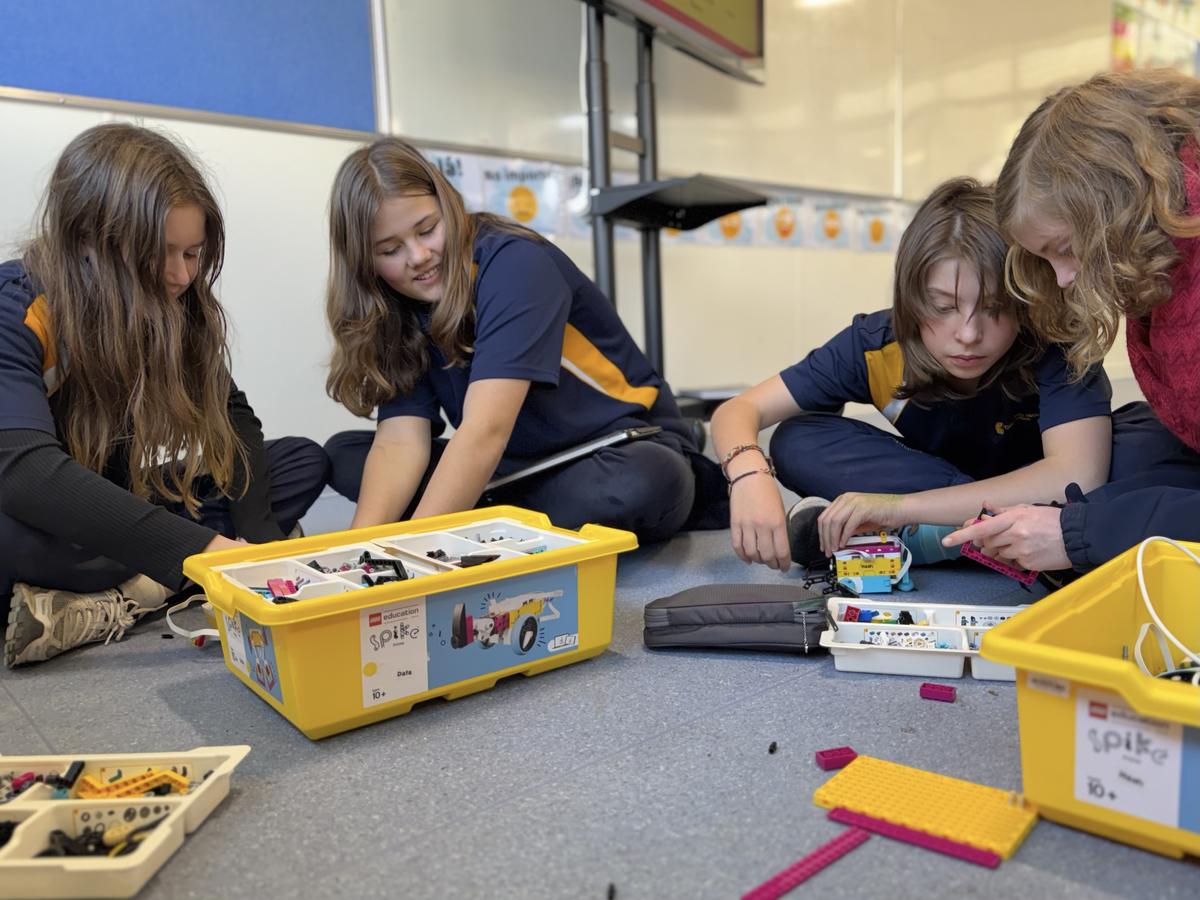
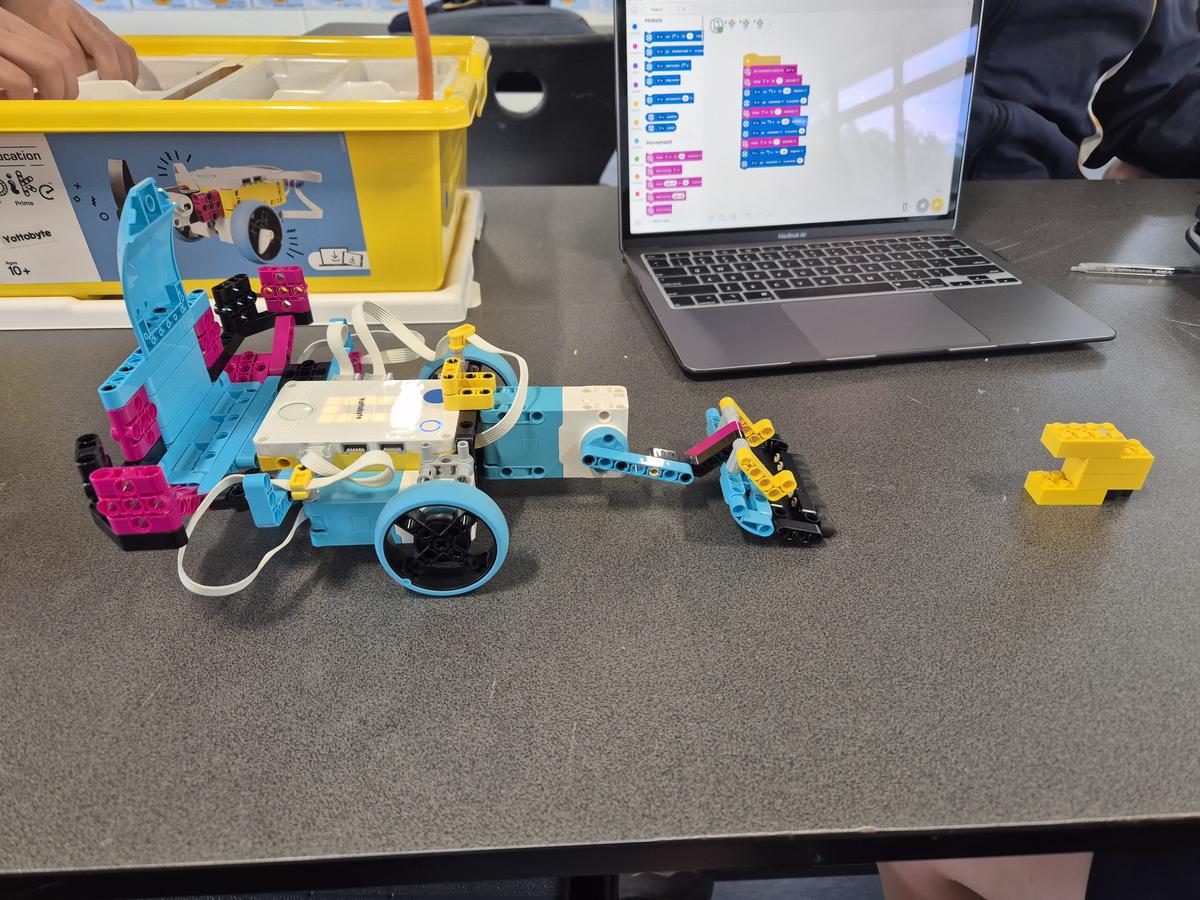
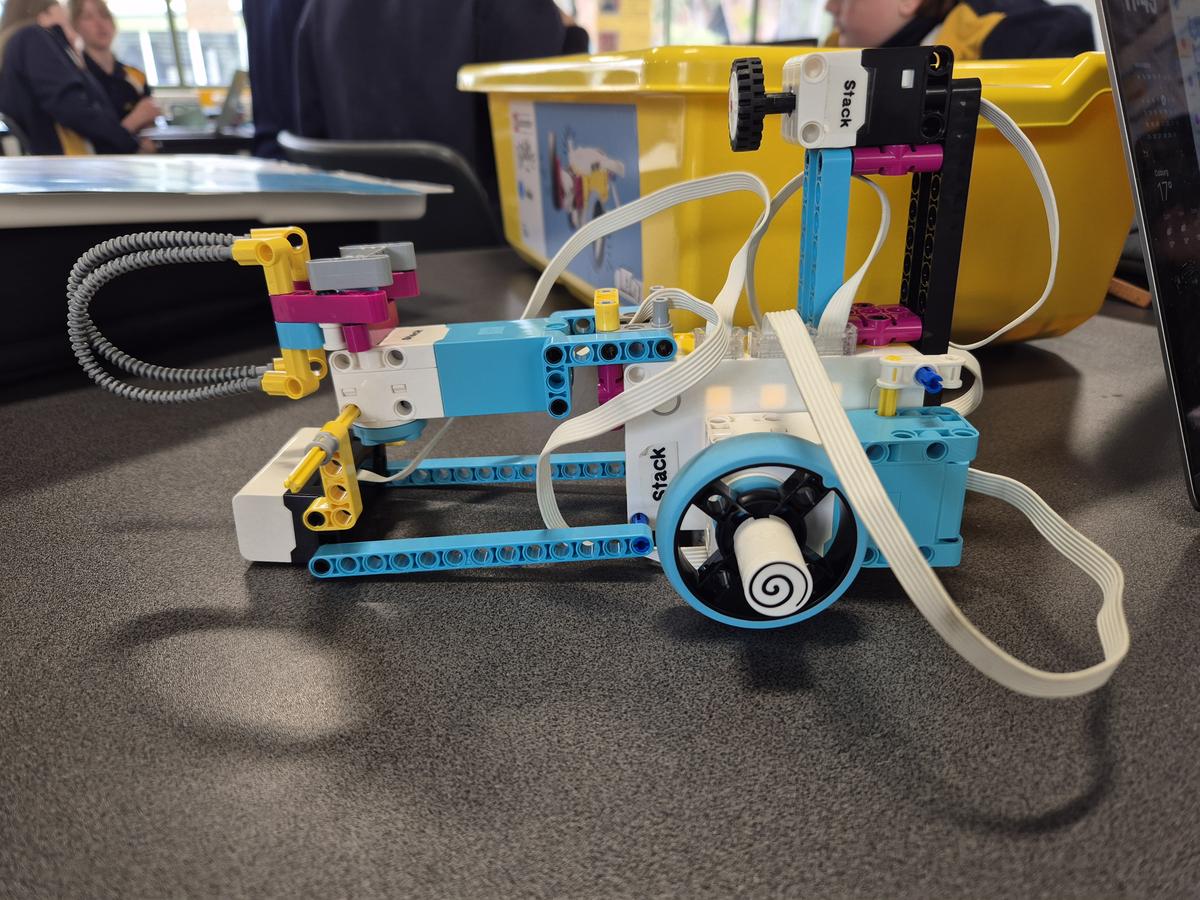
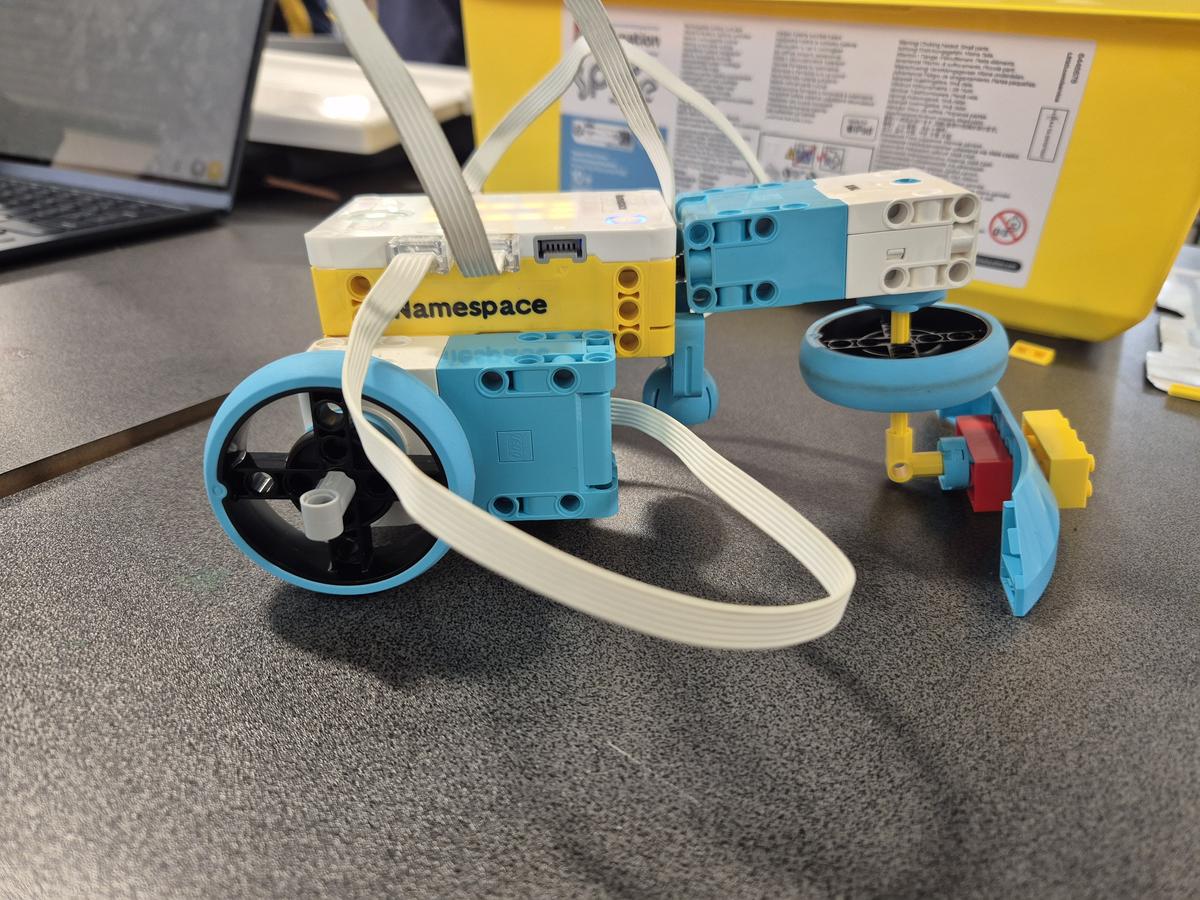
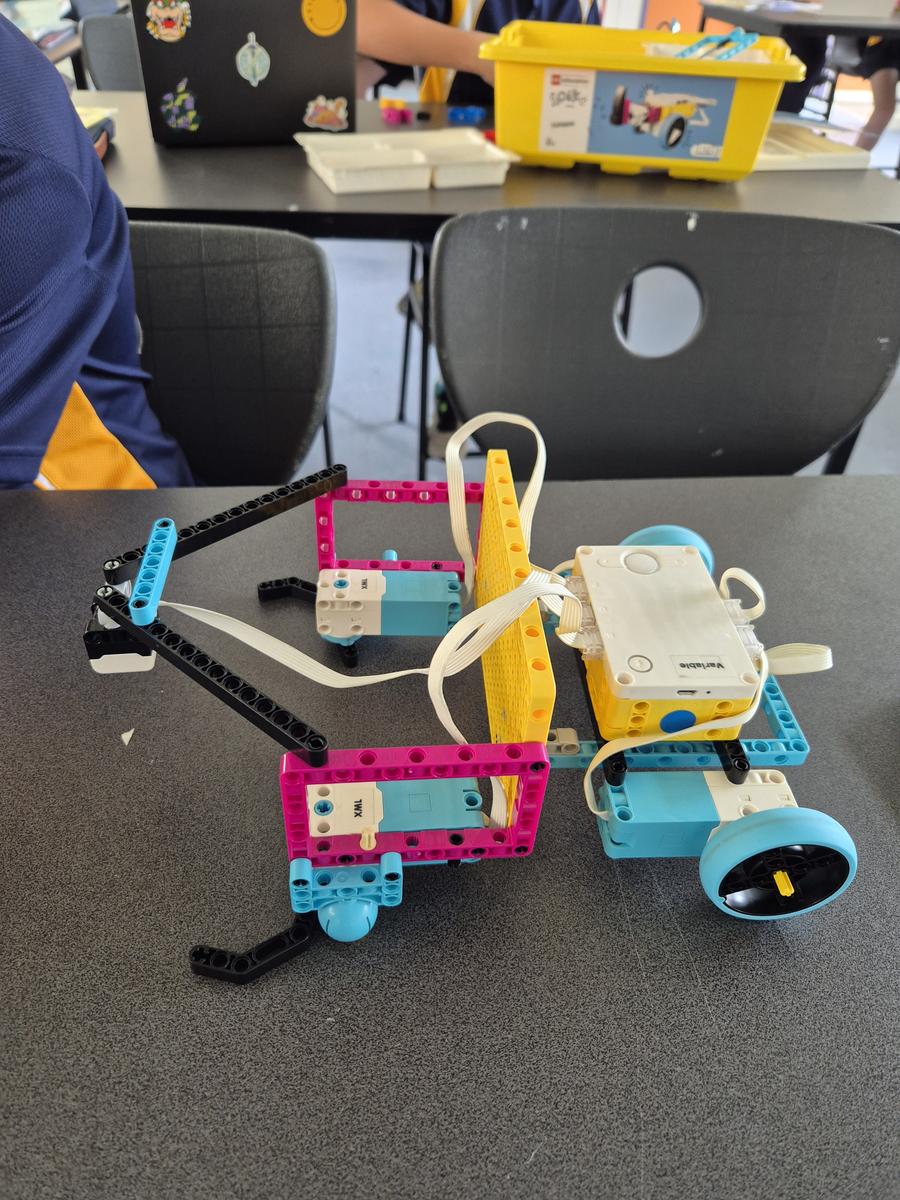
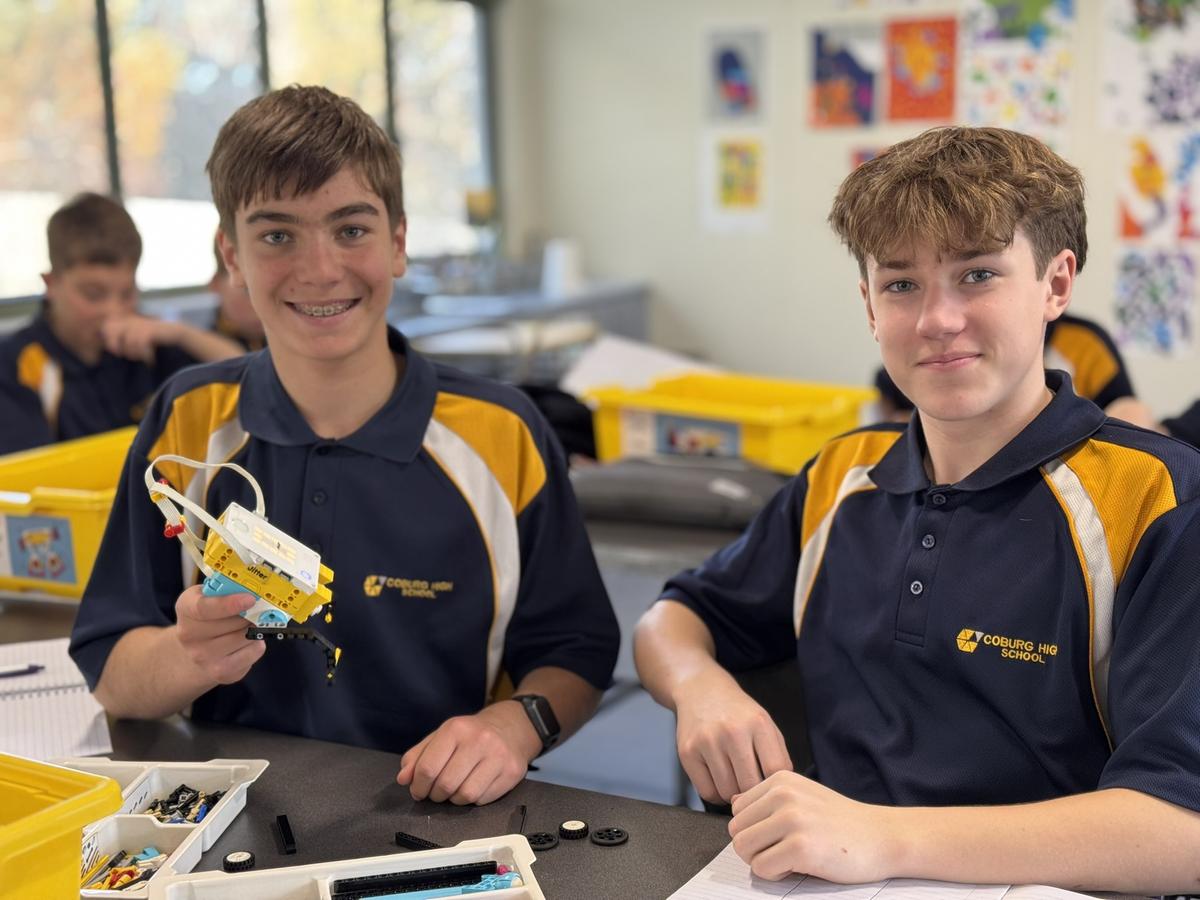
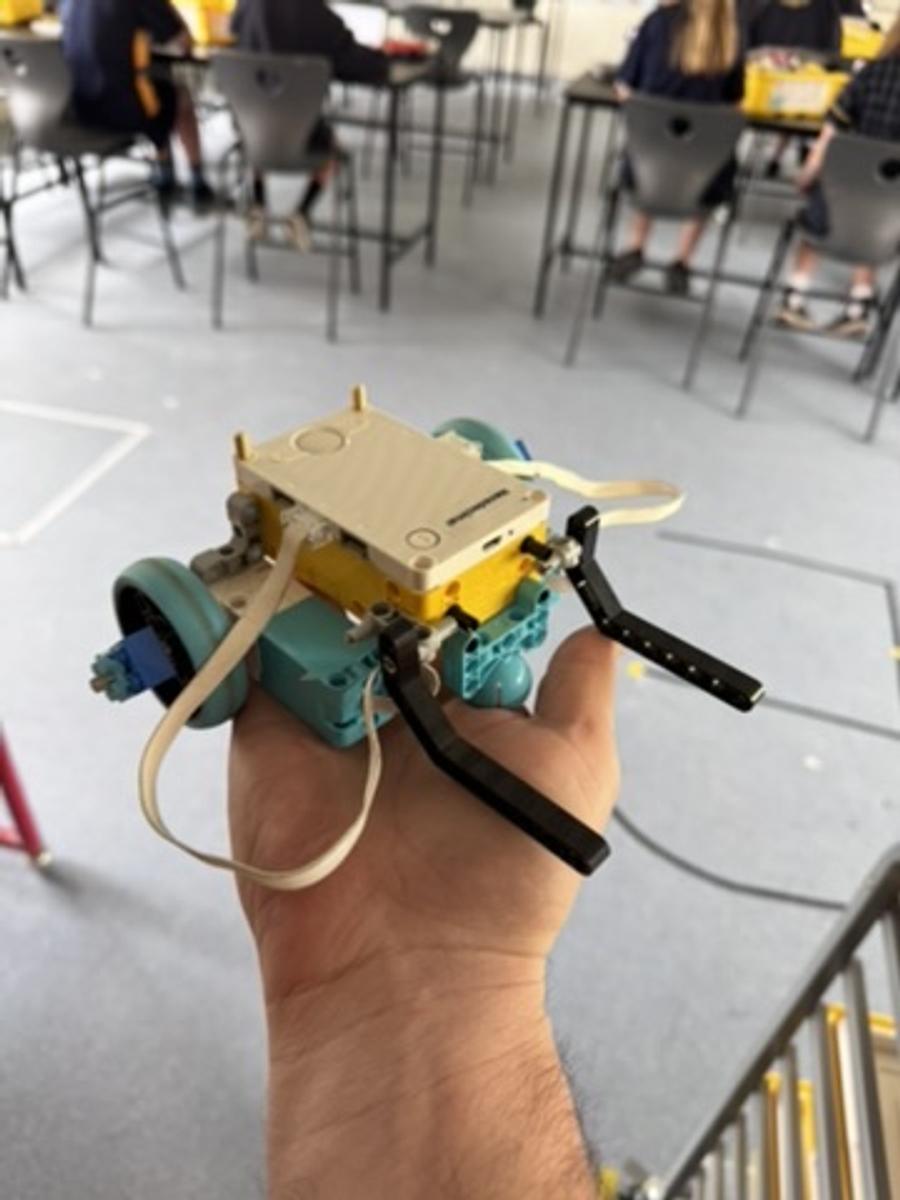
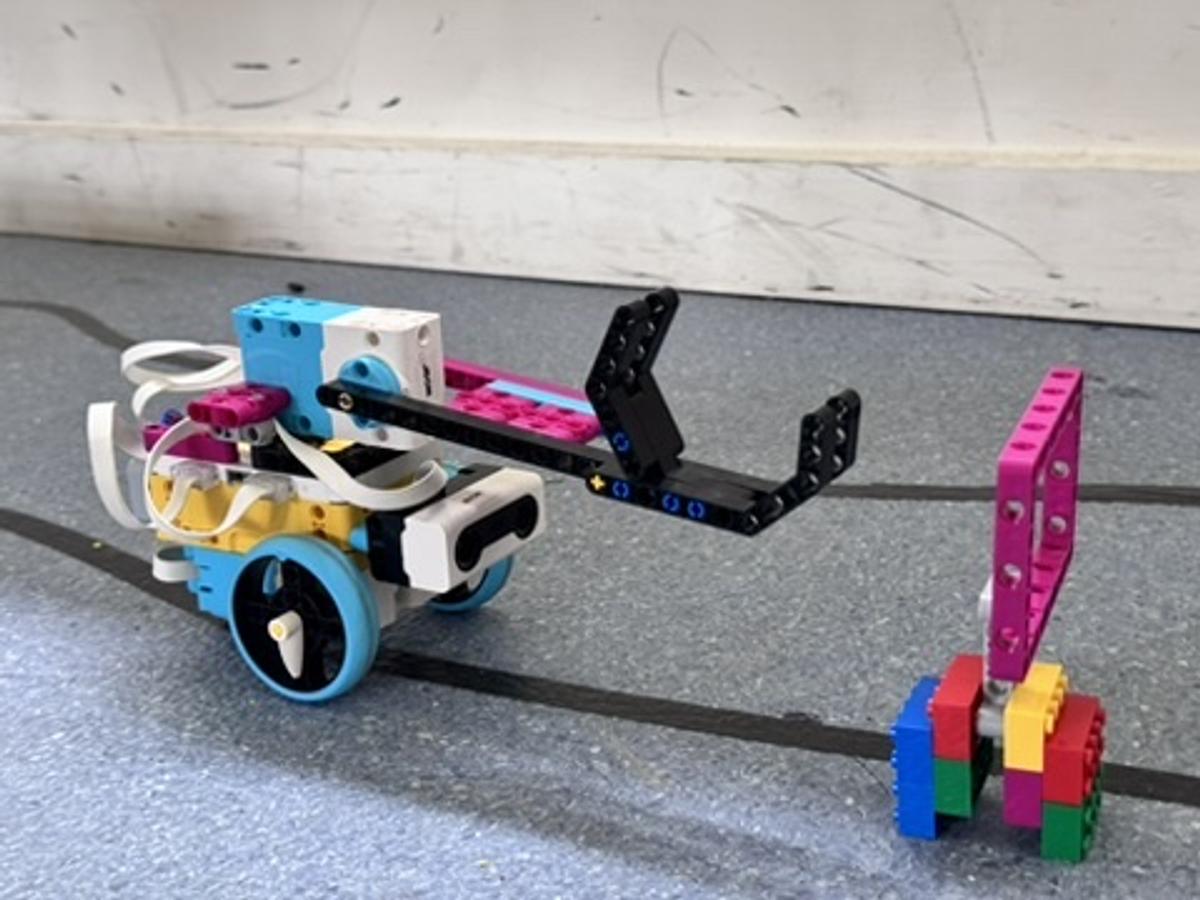
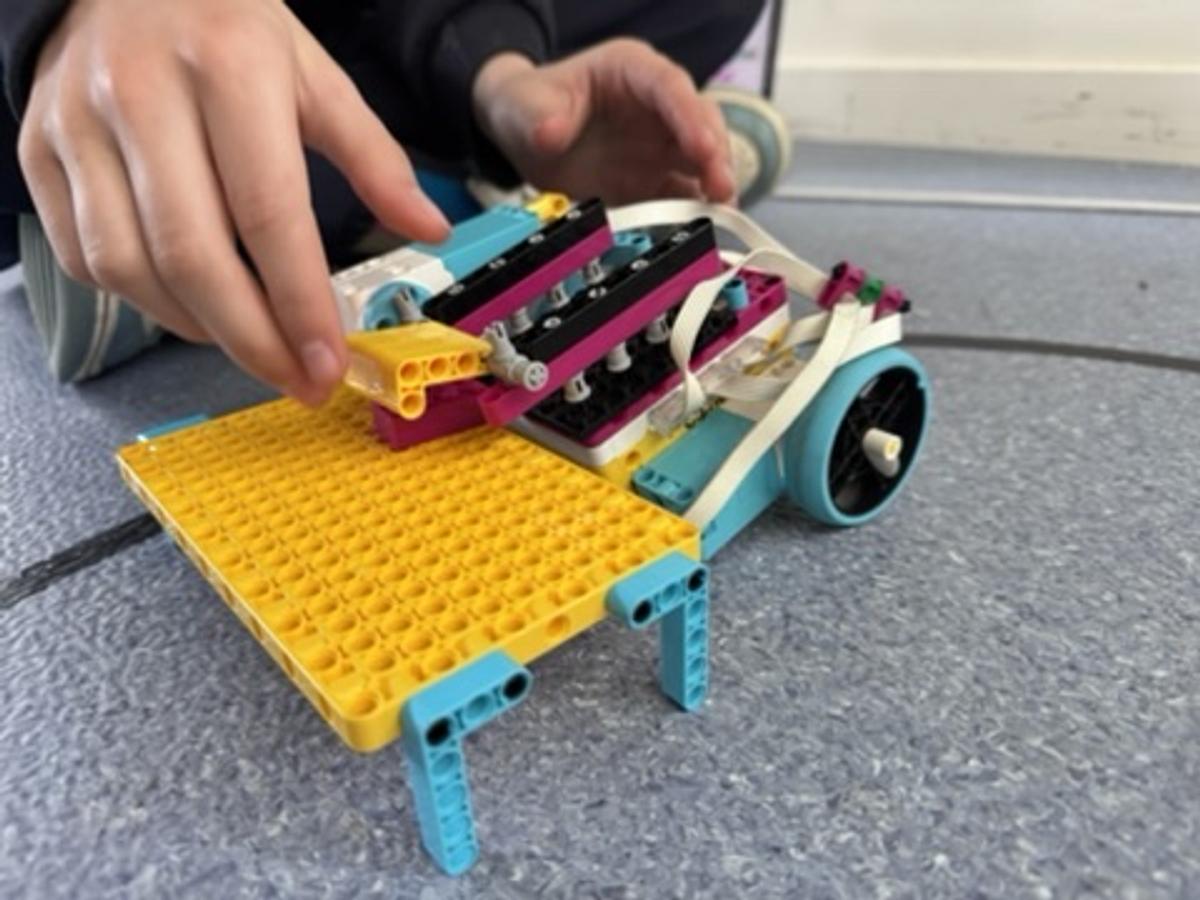
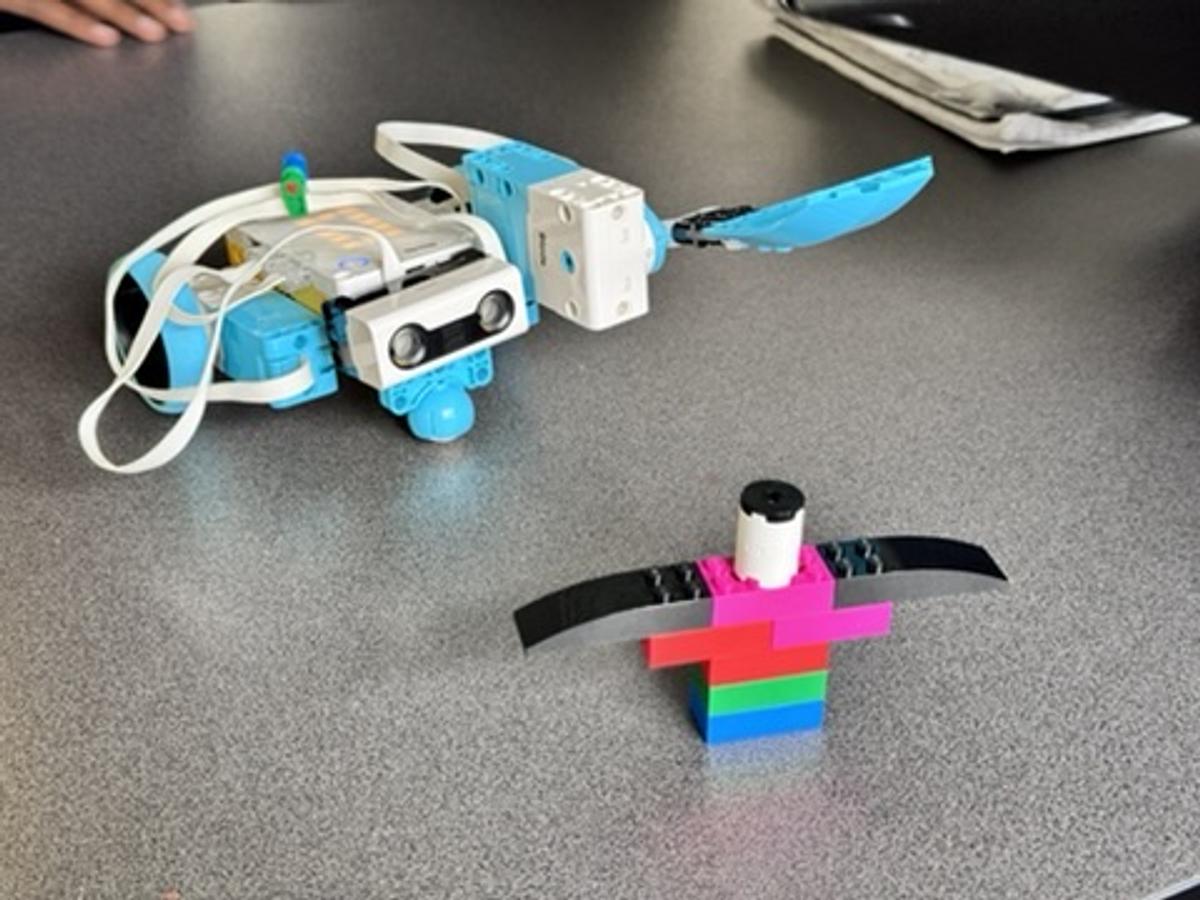
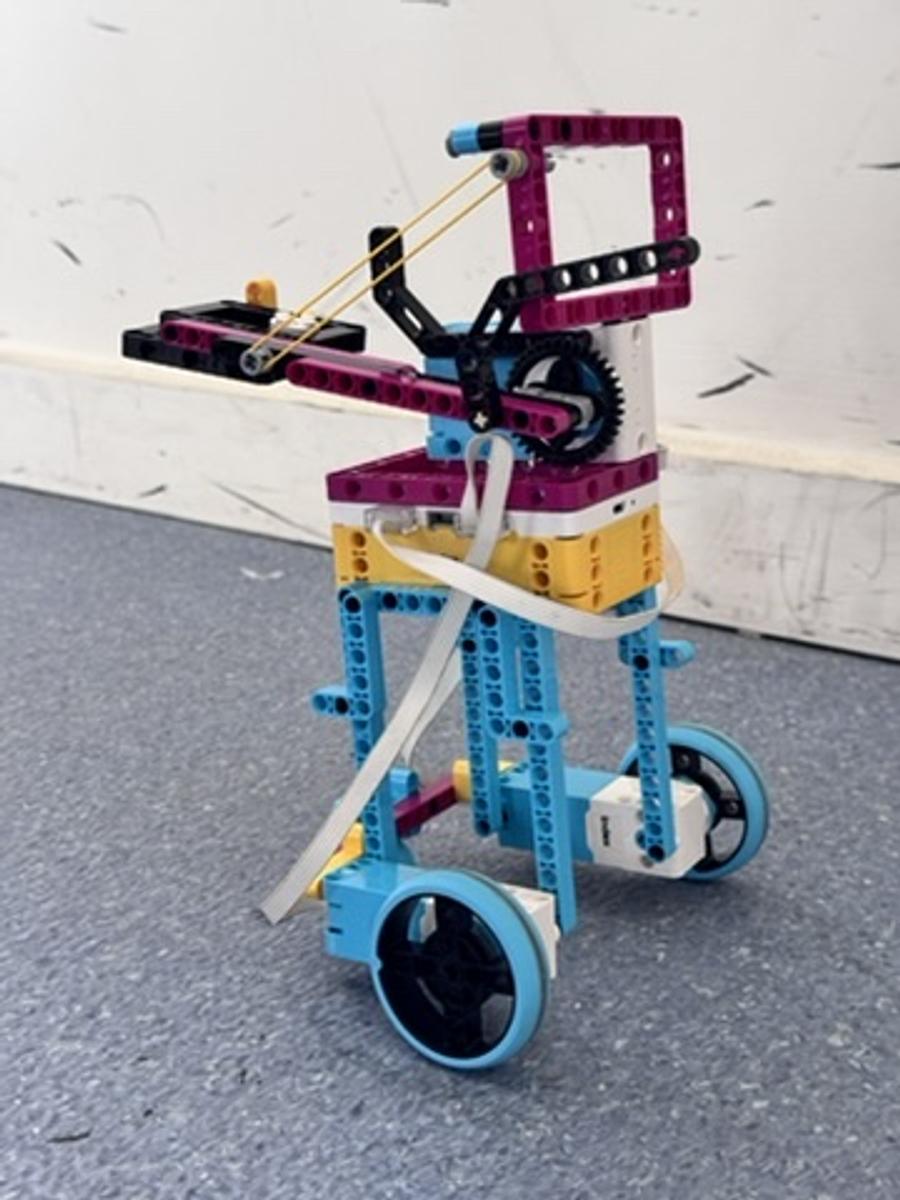
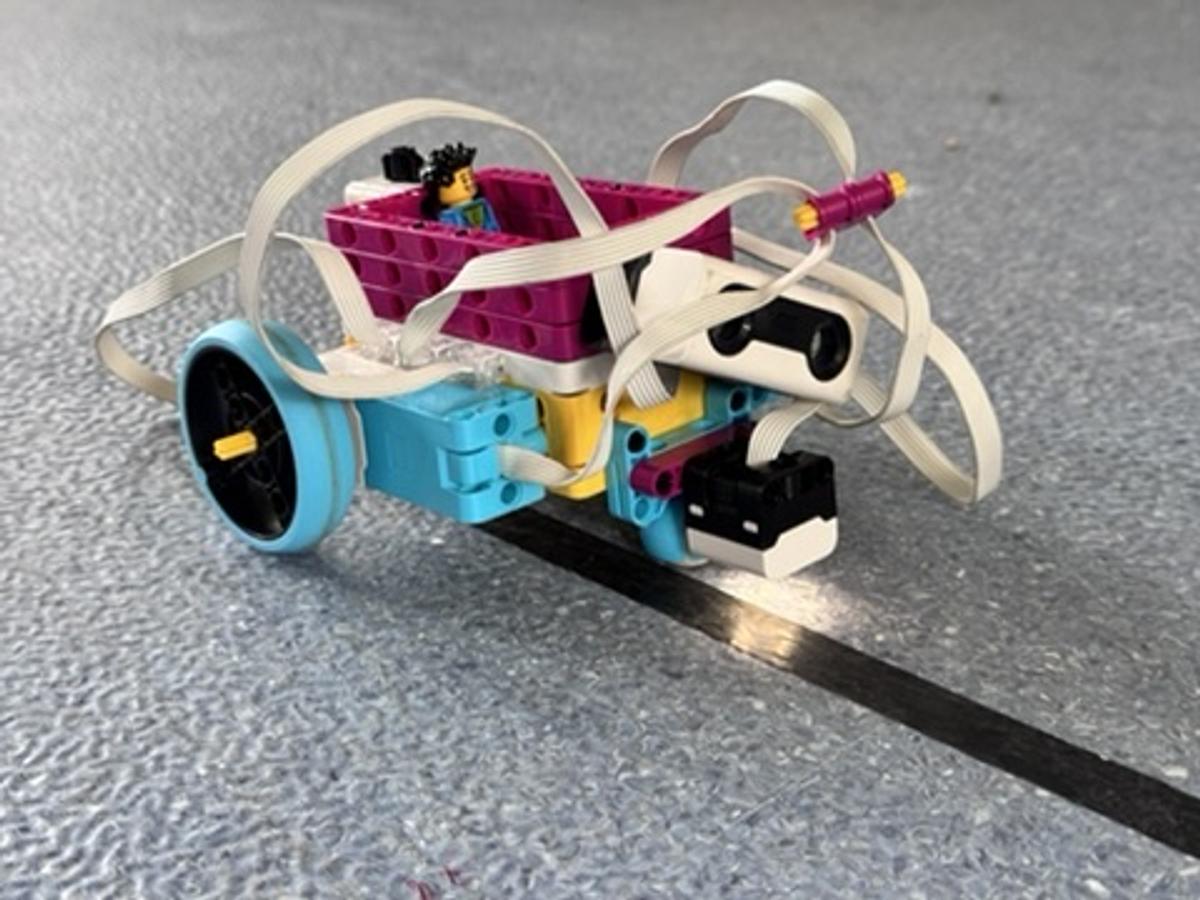












Year 10 Digital Technologies: Automated Systems
In Semester 2 our Year 10 students developed impressive solutions to real-world problems using Arduino microcontrollers. Their creations included an autonomous plant watering system that adjusts to light and soil moisture, a stubbed-toe alert system with sound and light warnings, and a forklift loading assistant that monitors weight and safety. Other inventive designs featured a pet feeder for when owners are away, an alarm clock that demands you win a custom pinball game to silence it, and an automated turret to protect precious items like lolly jars or savings tins.
To achieve these results, students first learned to wire and program Arduino boards. They worked with input devices such as photoresistors, ultrasonic sensors, and temperature sensors and programmed outputs like servo motors, LED brightness and colour, and buzzers for sound. By combining these skills with the design process, students researched problems, developed prototypes, and tested their ideas—improving their designs with each iteration. Their ability to troubleshoot and refine their projects highlights their progress and creativity in the automation space.
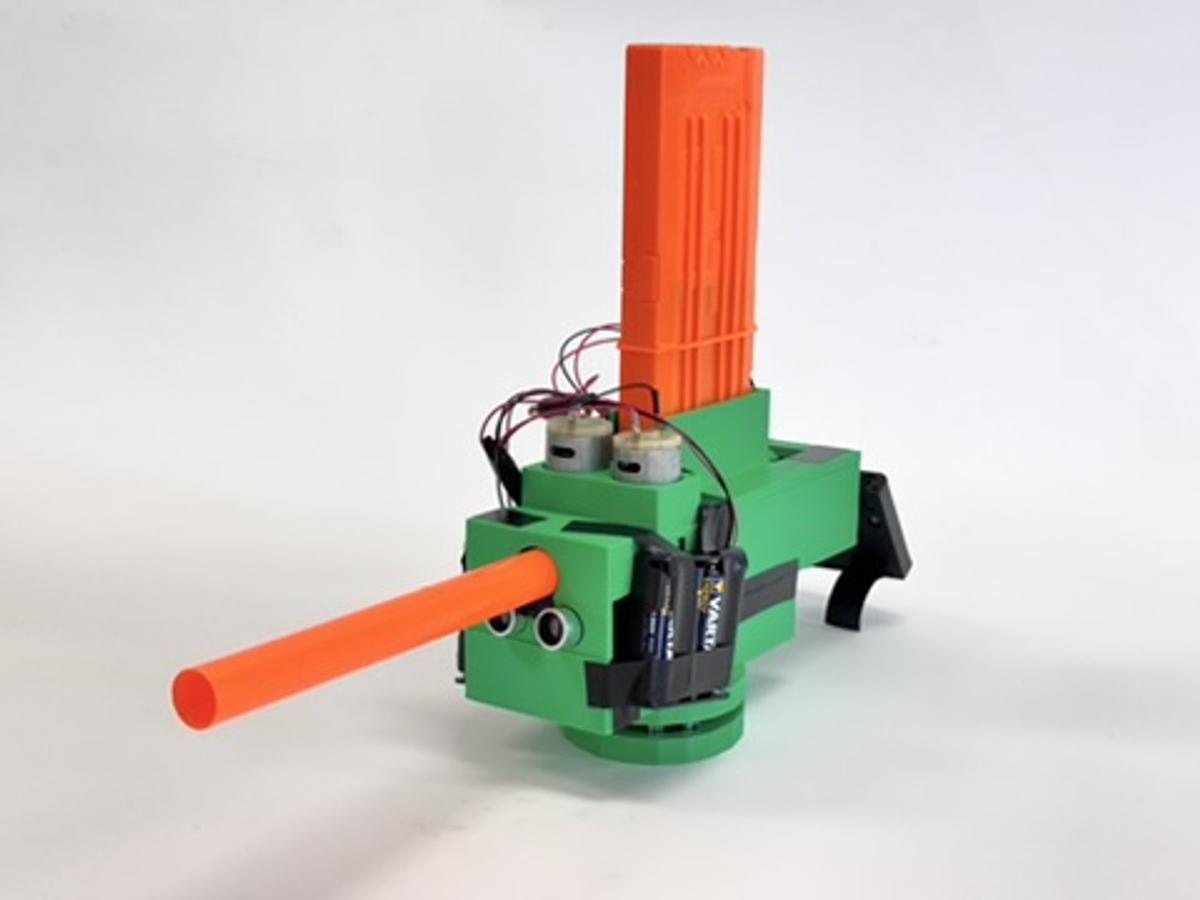
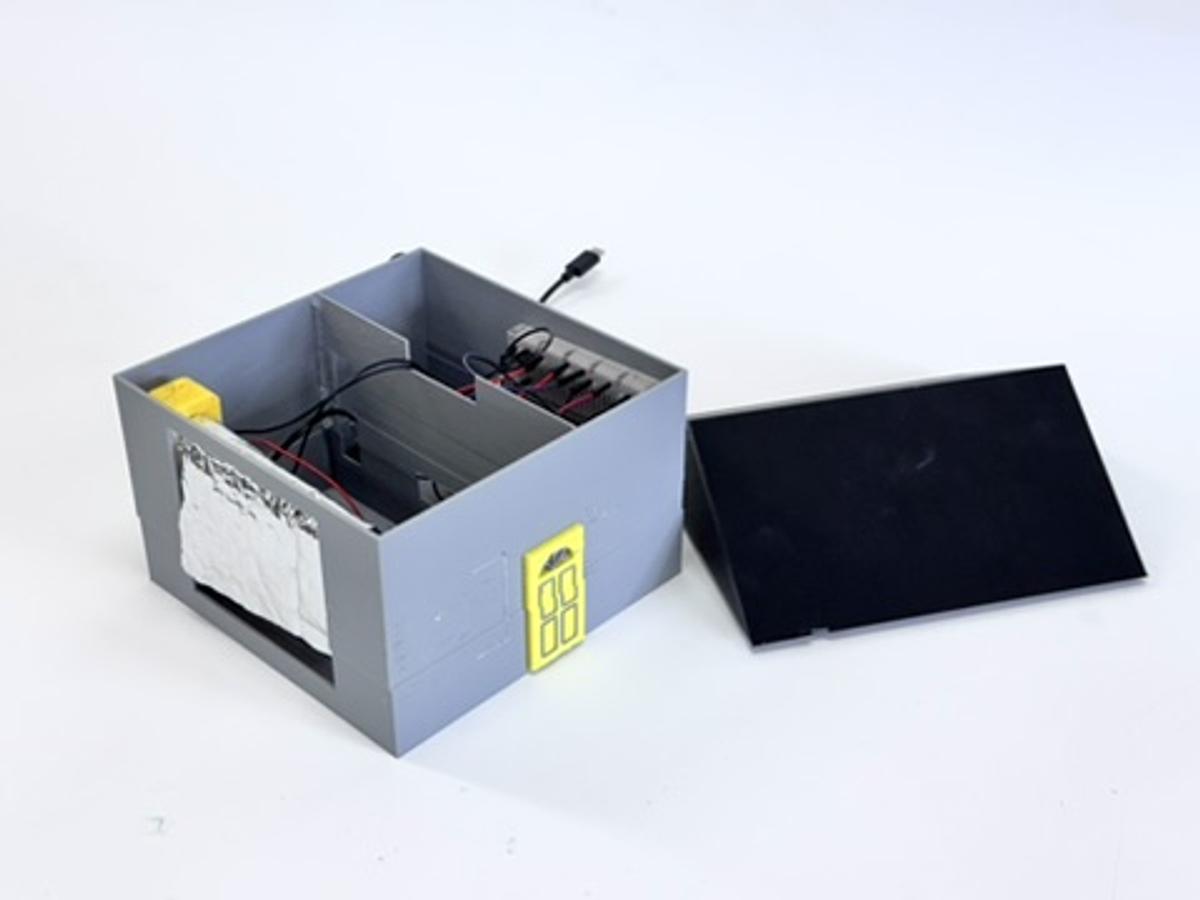
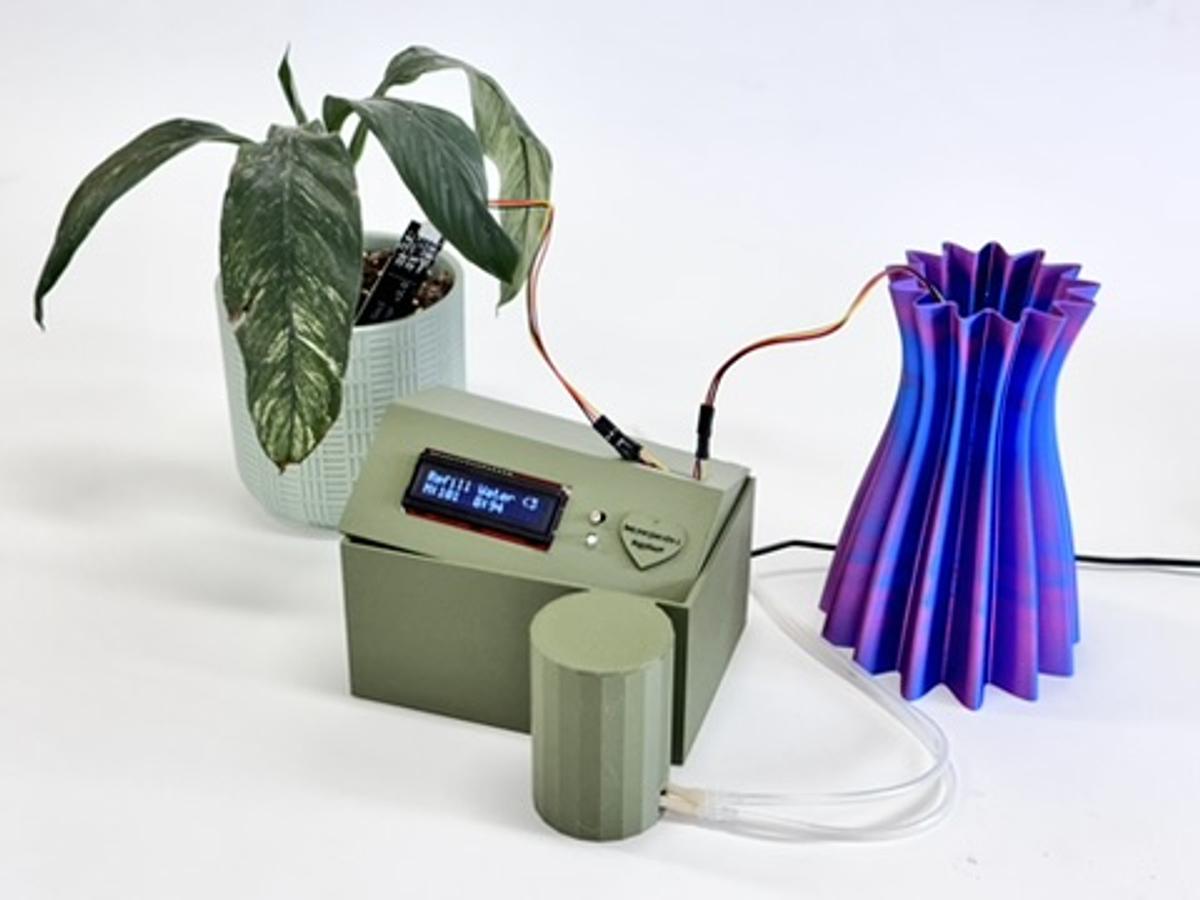
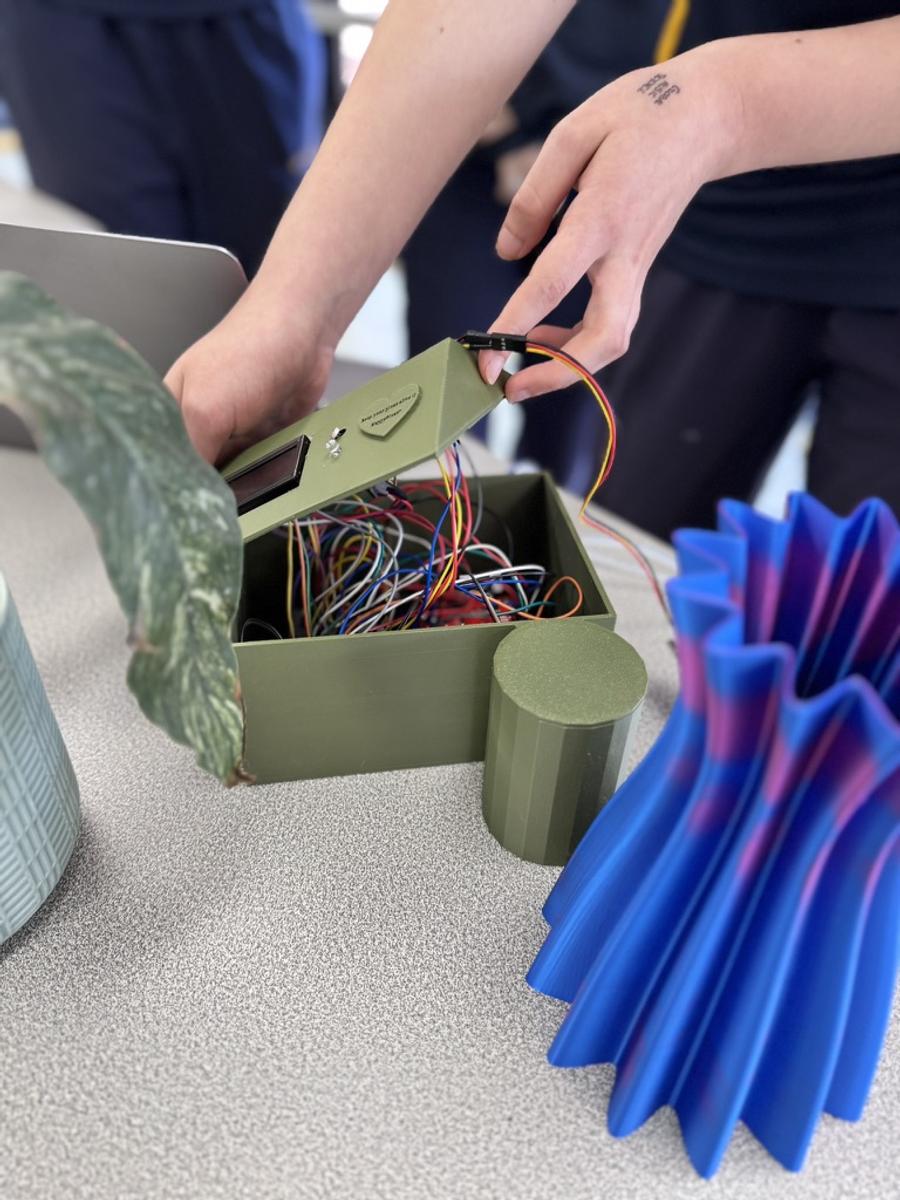
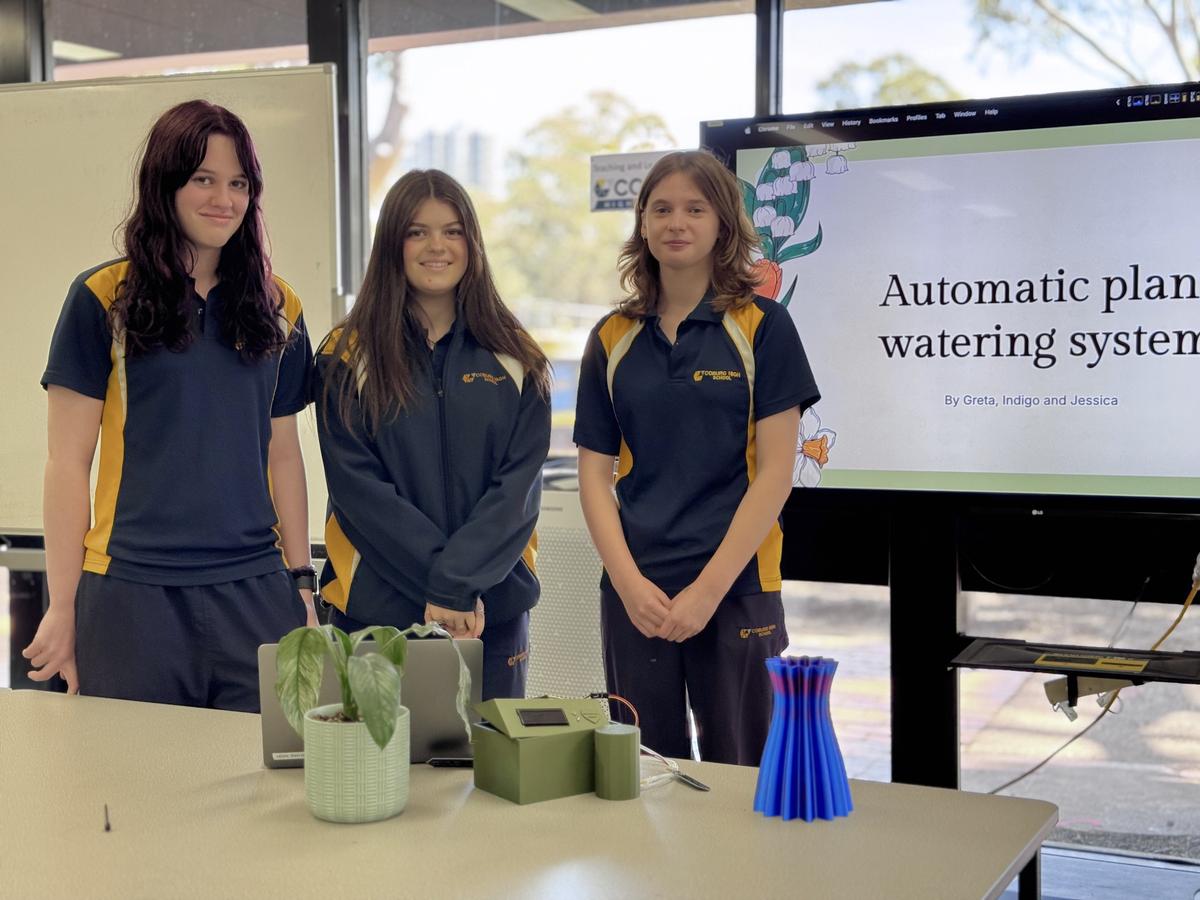
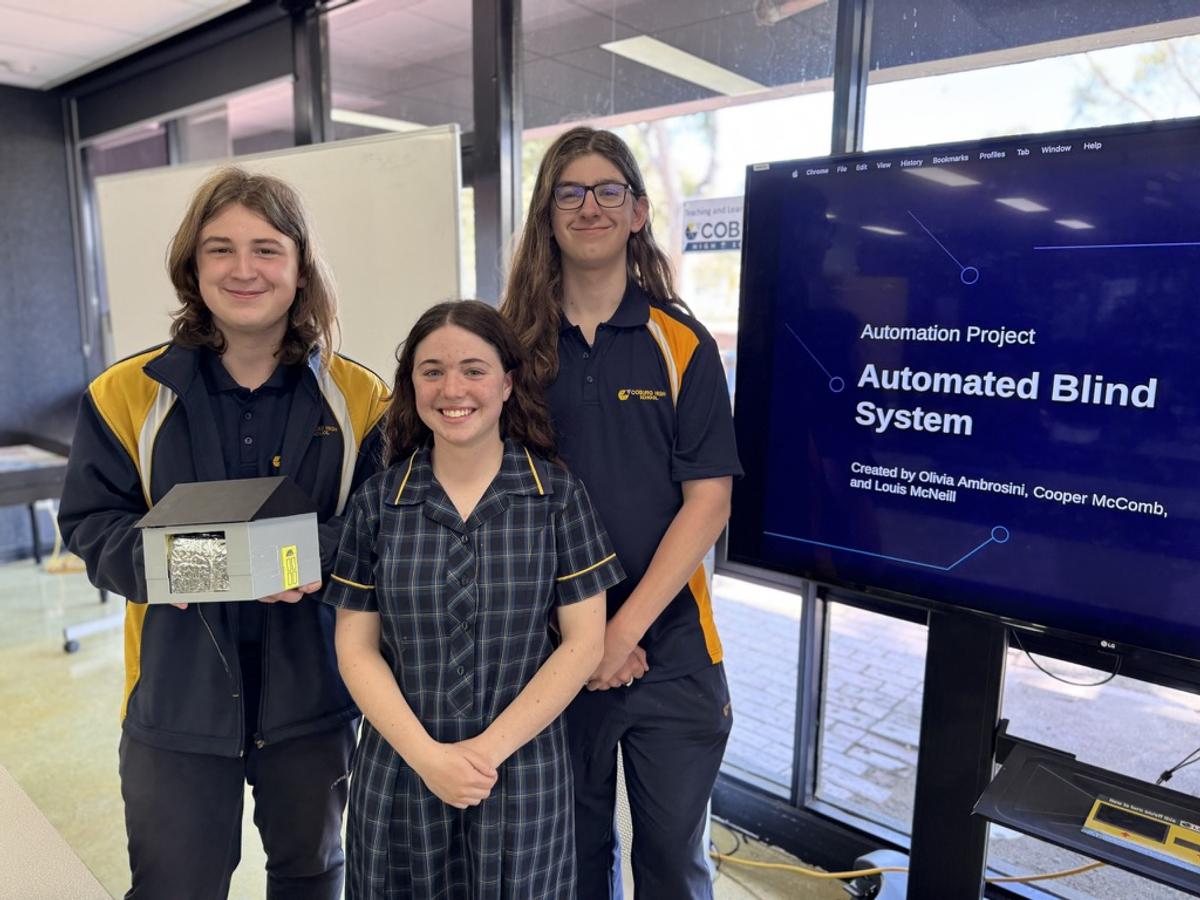
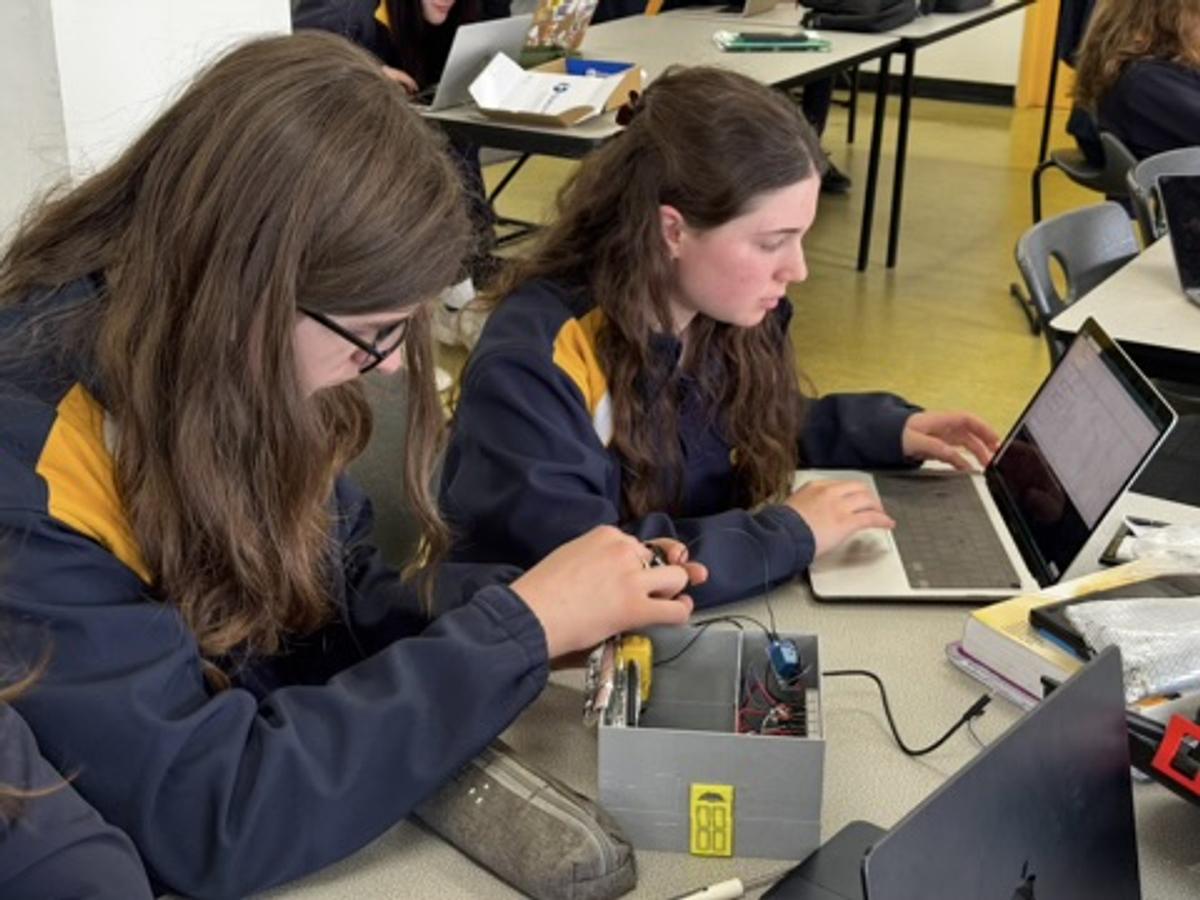
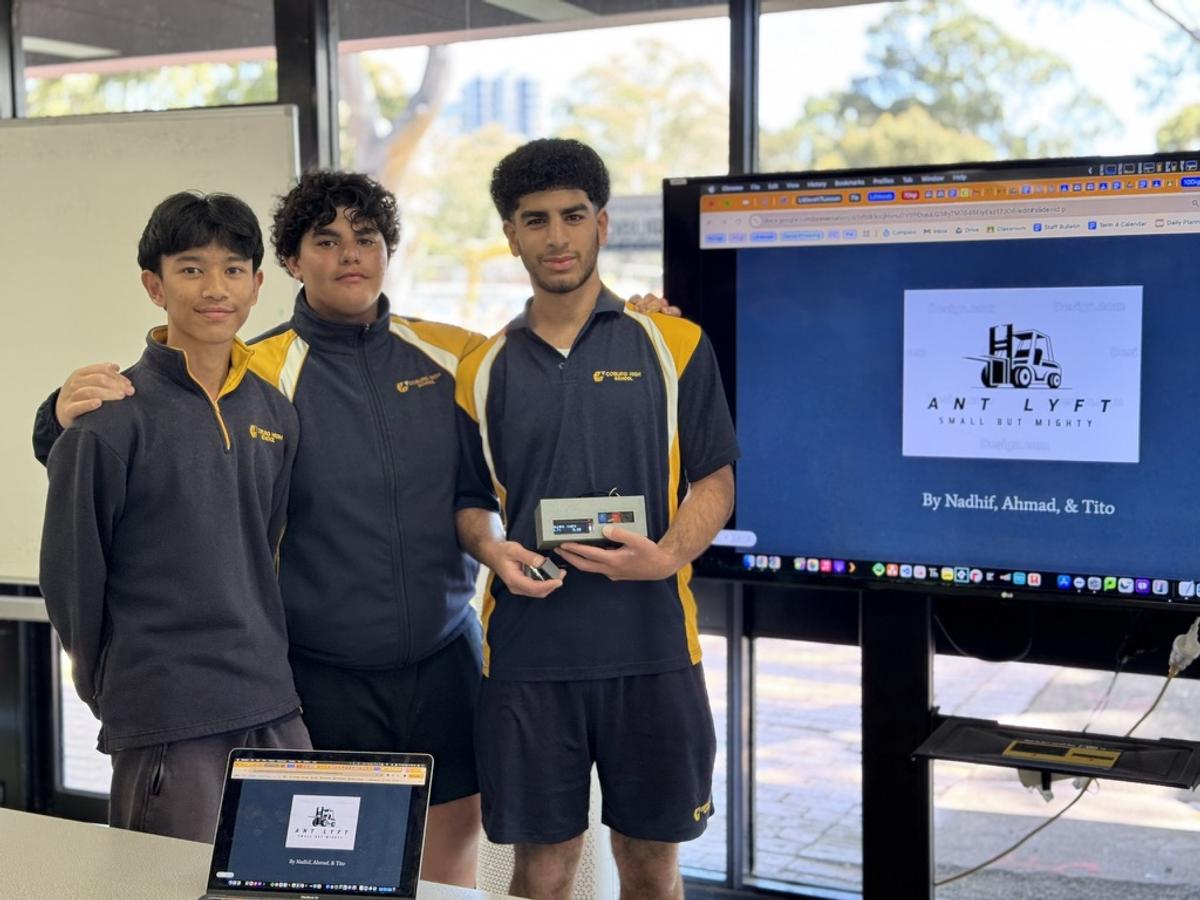






























Year 7 Robotics Club
This year, the Year 7 Robotics Club developed their design thinking work. Following the season's theme, Submerged, students researched and developed creative solutions to real-world problems. They also designed, built, and programmed robots to autonomously complete tasks on a themed game board, creating custom parts and refining their designs through extensive testing and iteration.
The club’s hard work paid off at the regional competition in Victoria, where they received three prestigious awards:
Innovation Award: The Year 9 team was recognised for their in-depth research into mapping the ocean floor, exploring sensor data limitations and proposing improvements for this critical work.
Peer Award: The Year 8 team was nominated by other teams and judges for their collaborative spirit and innovative solutions, both in their robot designs and their research projects.
Coaches Award: Shane, the club’s dedicated coach, was honoured for his outstanding support of four teams in the competition. He was proud to see the students thrive and humbled by the recognition.
The Robotics Club demonstrated creativity, teamwork, and problem-solving, making this a standout year for everyone involved!
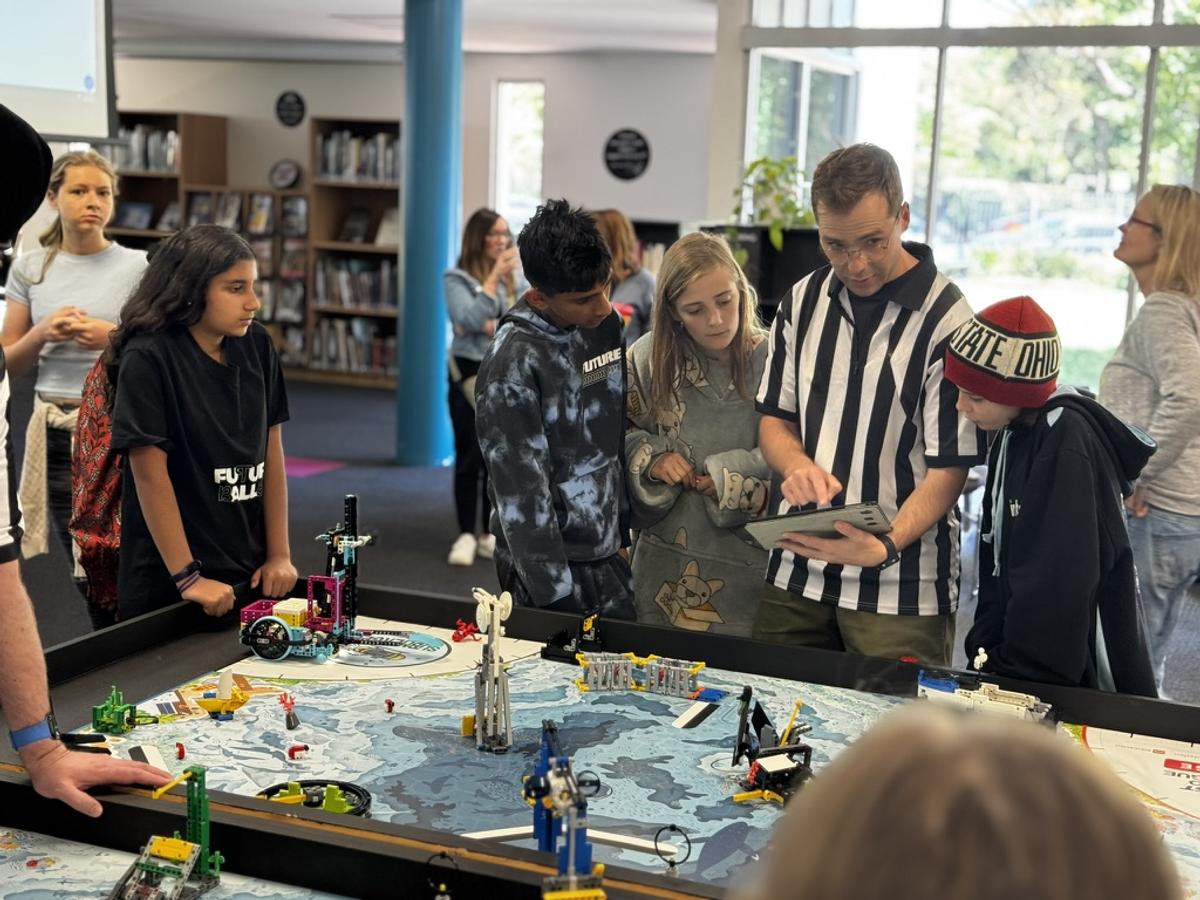
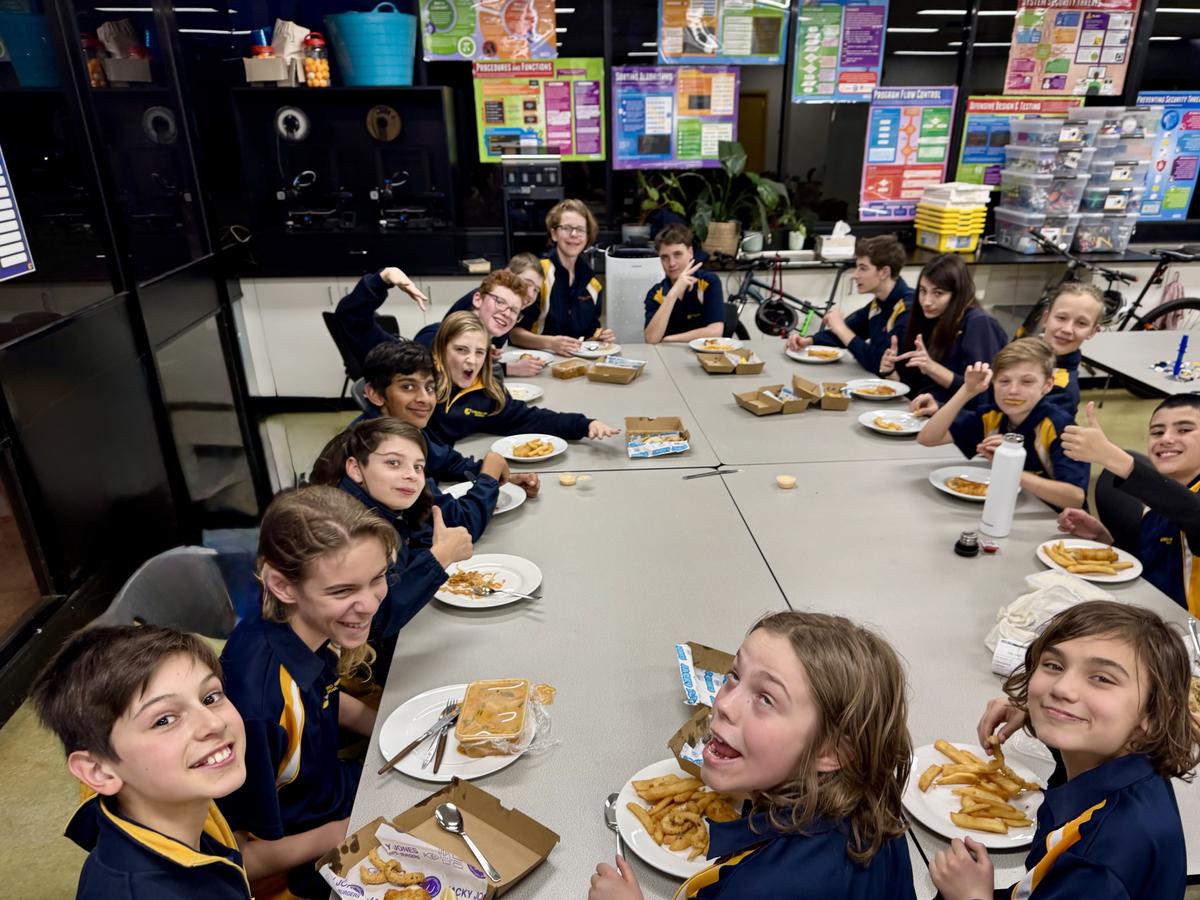
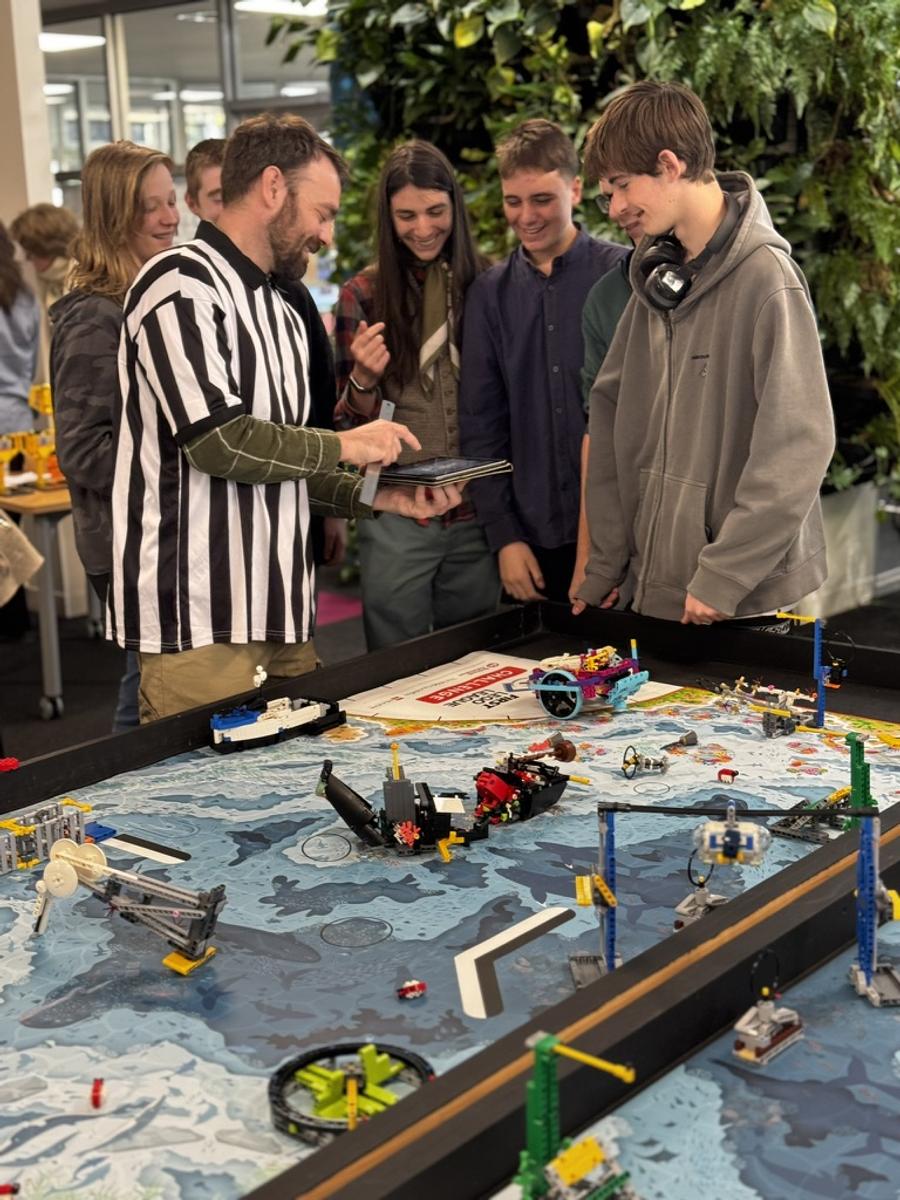
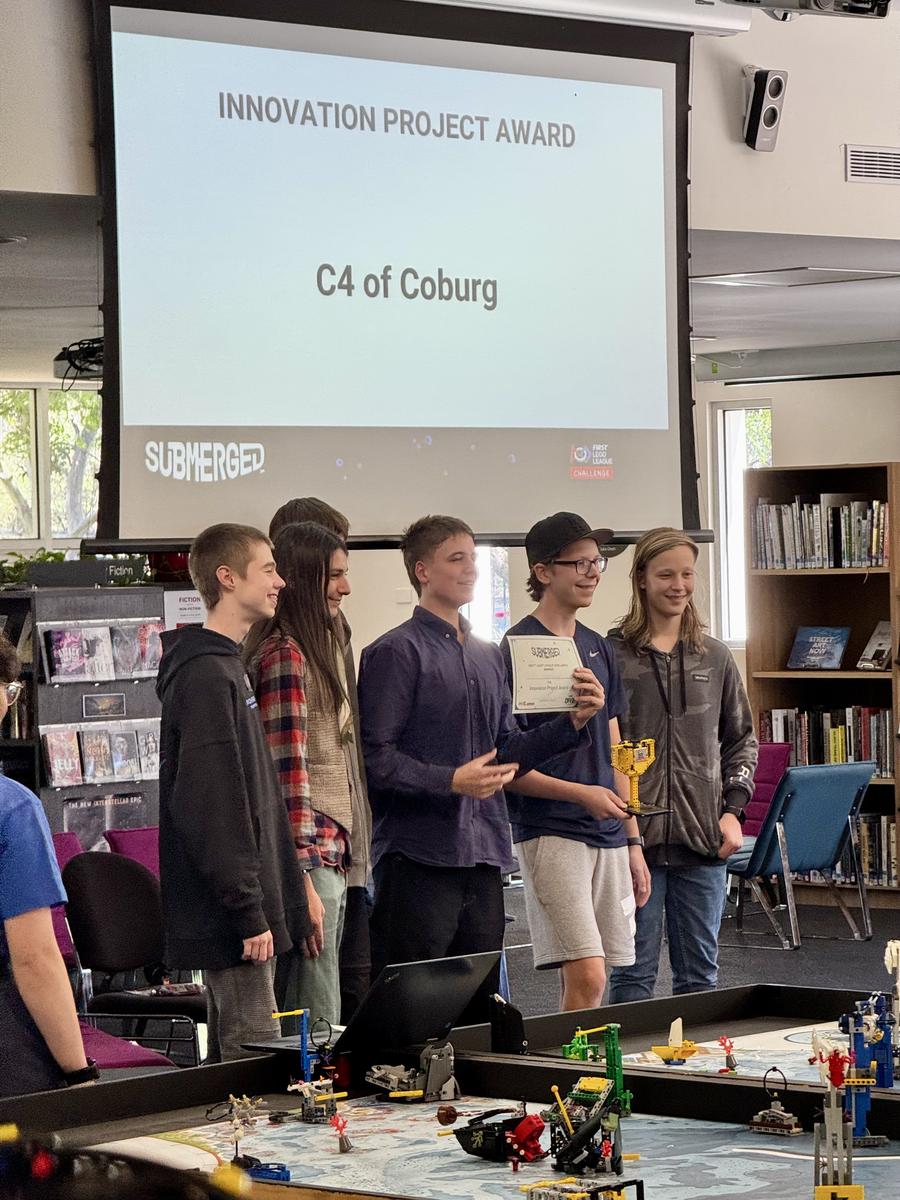
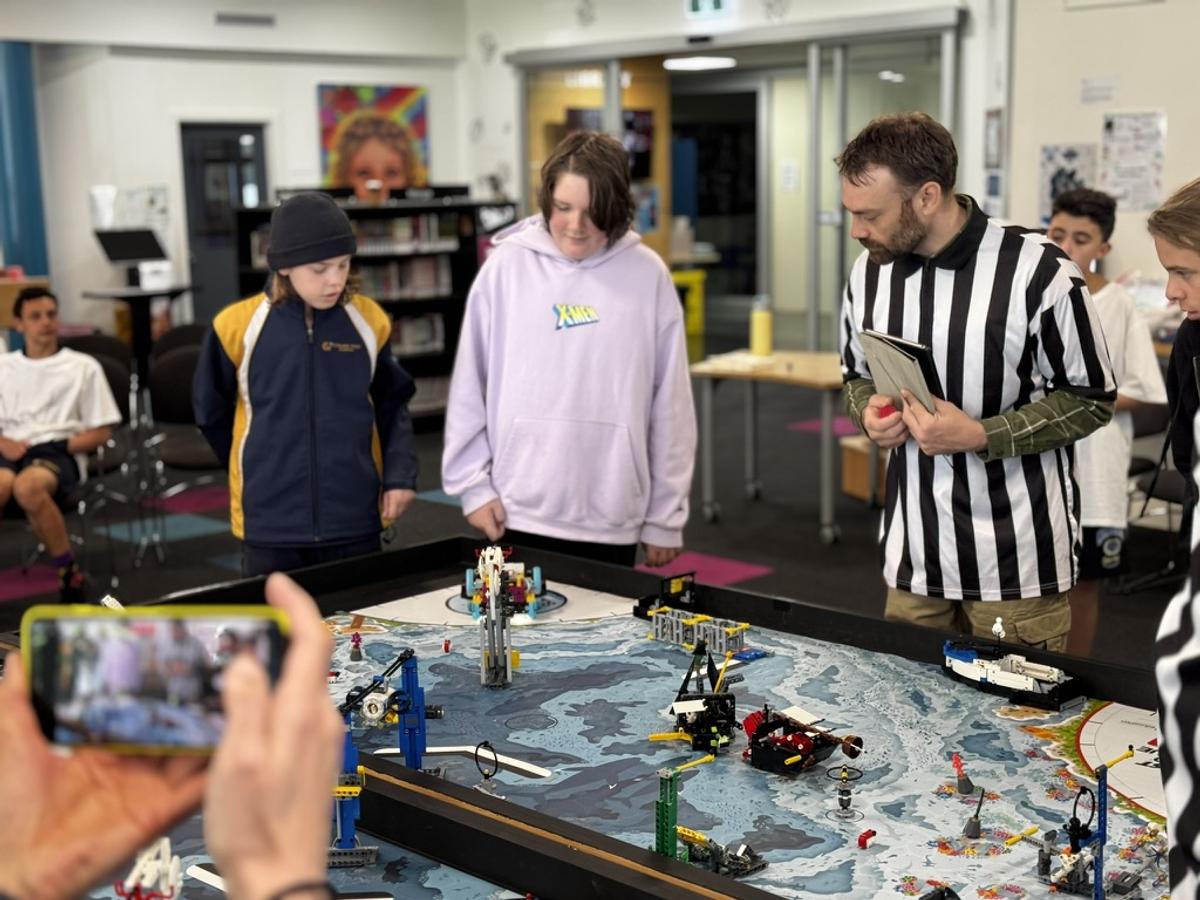
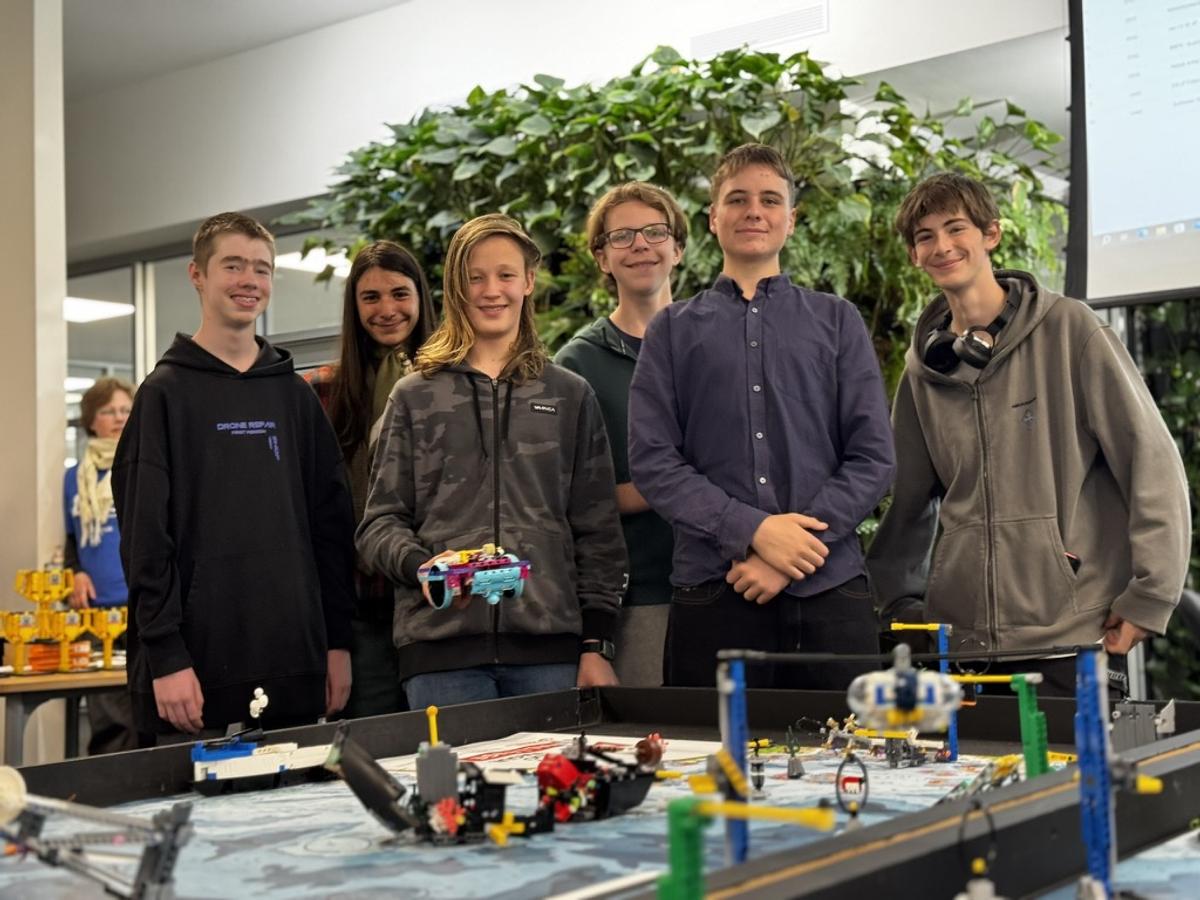
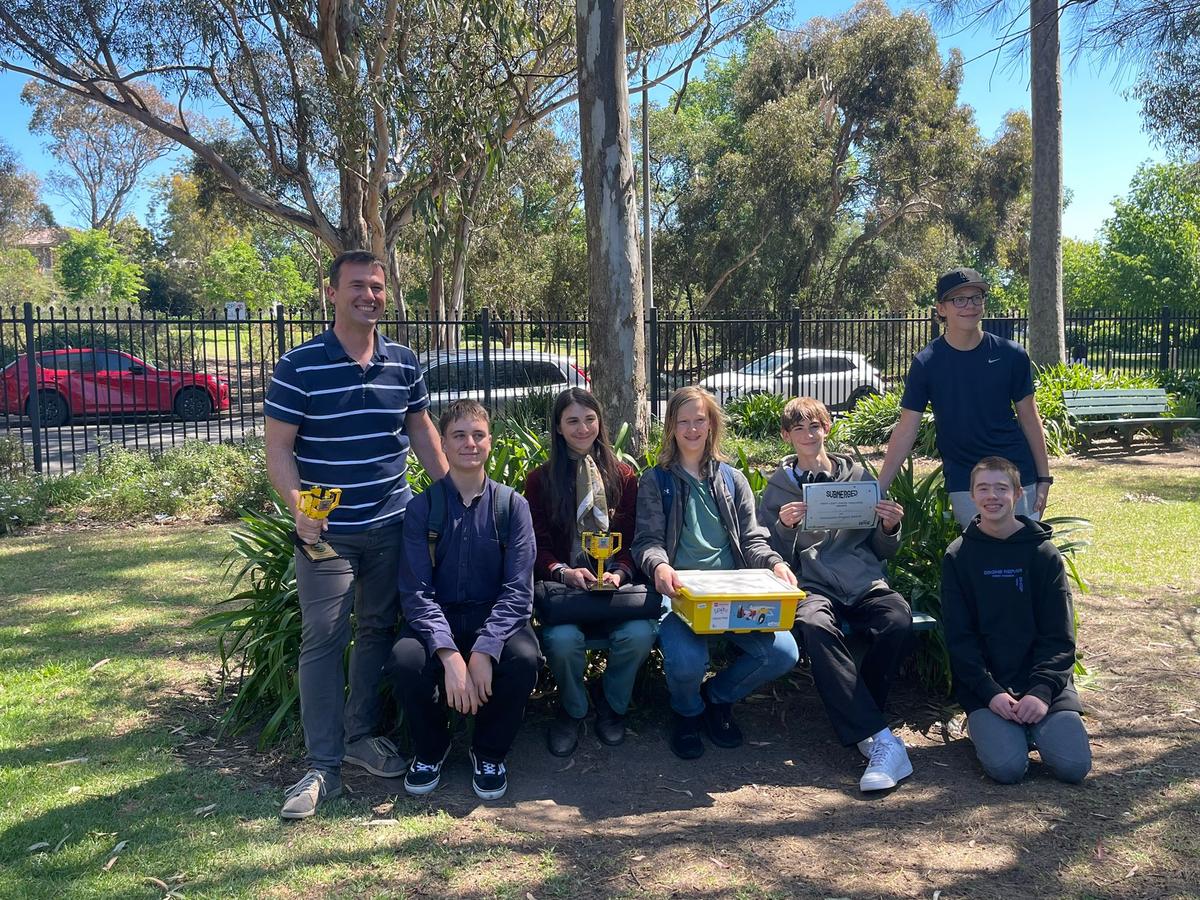







Merri-bek Interschool Innovators Program
This year, a group of exceptional Year 9 students, nominated by their Science teachers for their potential in innovative thinking, participated in an exciting STEM program aimed at fostering creativity and problem-solving skills.
The program spanned three sessions, held at Pascoe Vale Girls Secondary College in Term 2, Glenroy College in Term 3, and concluding at Melbourne University's STEM Centre of Excellence. Each session provided students with a unique opportunity to collaborate with peers from other schools while tackling real-world challenges.
In the initial sessions, students worked to identify problems based on a series of thought-provoking statements. They then followed a structured process to design creative solutions, culminating in presentations to a panel of industry professionals, including representatives from BASF and Solstice AI, as well as local and state members of parliament.
This was an incredible experience for our students, offering them the chance to engage with cutting-edge ideas, gain feedback from experts, and showcase their innovative solutions. The program highlighted the value of teamwork and creative thinking, leaving a lasting impact on all participants.
Congratulations to our Year 9 students for embracing this opportunity and demonstrating their potential as future innovators!
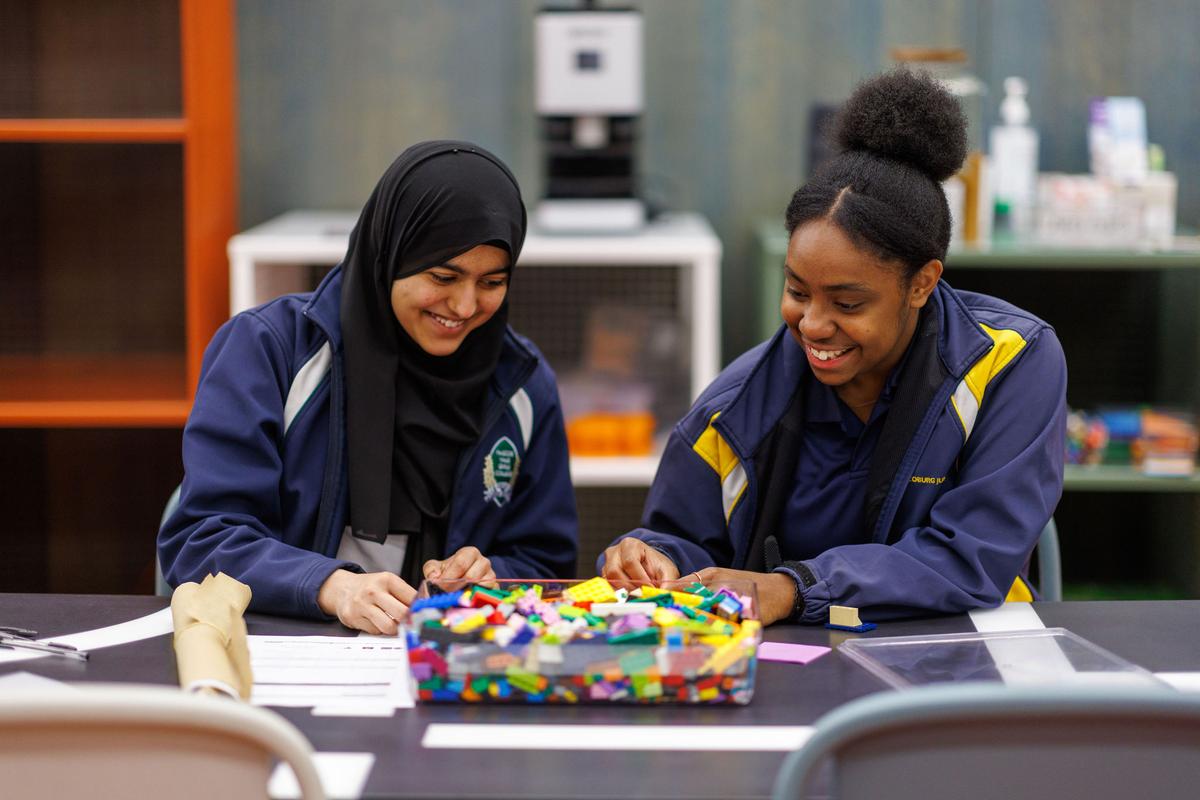
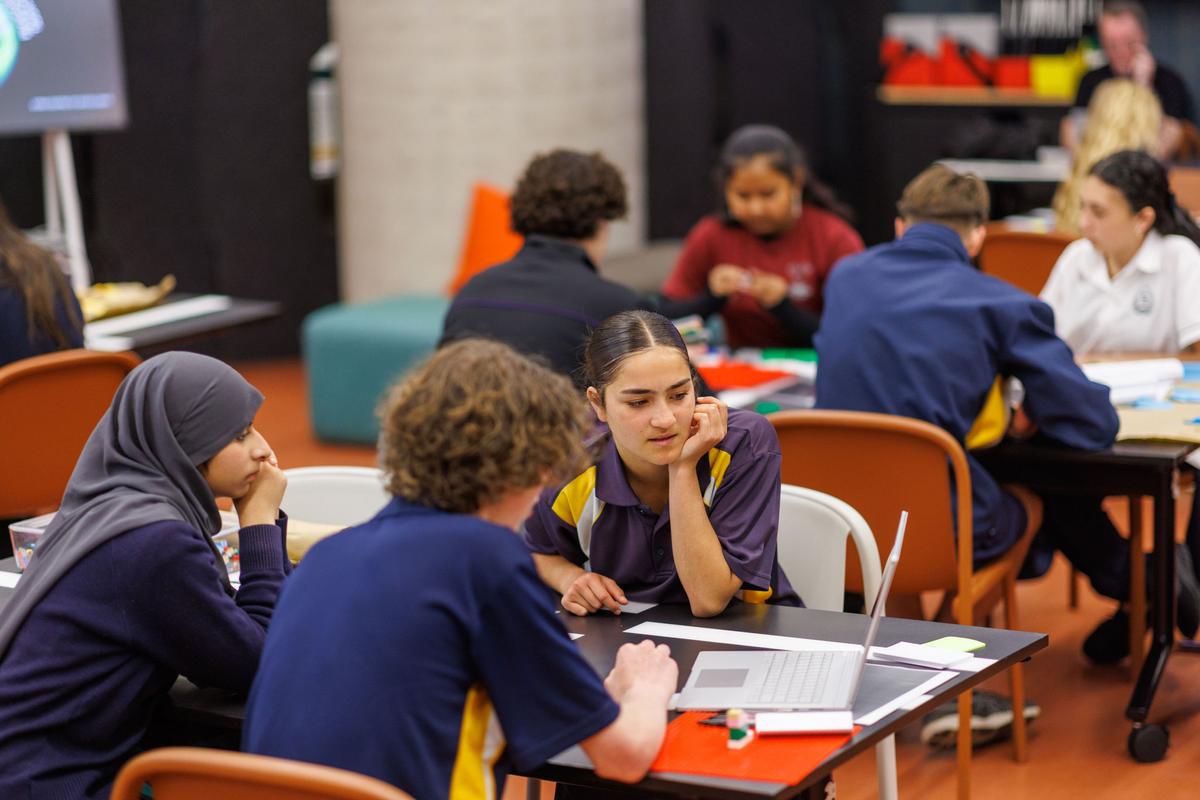
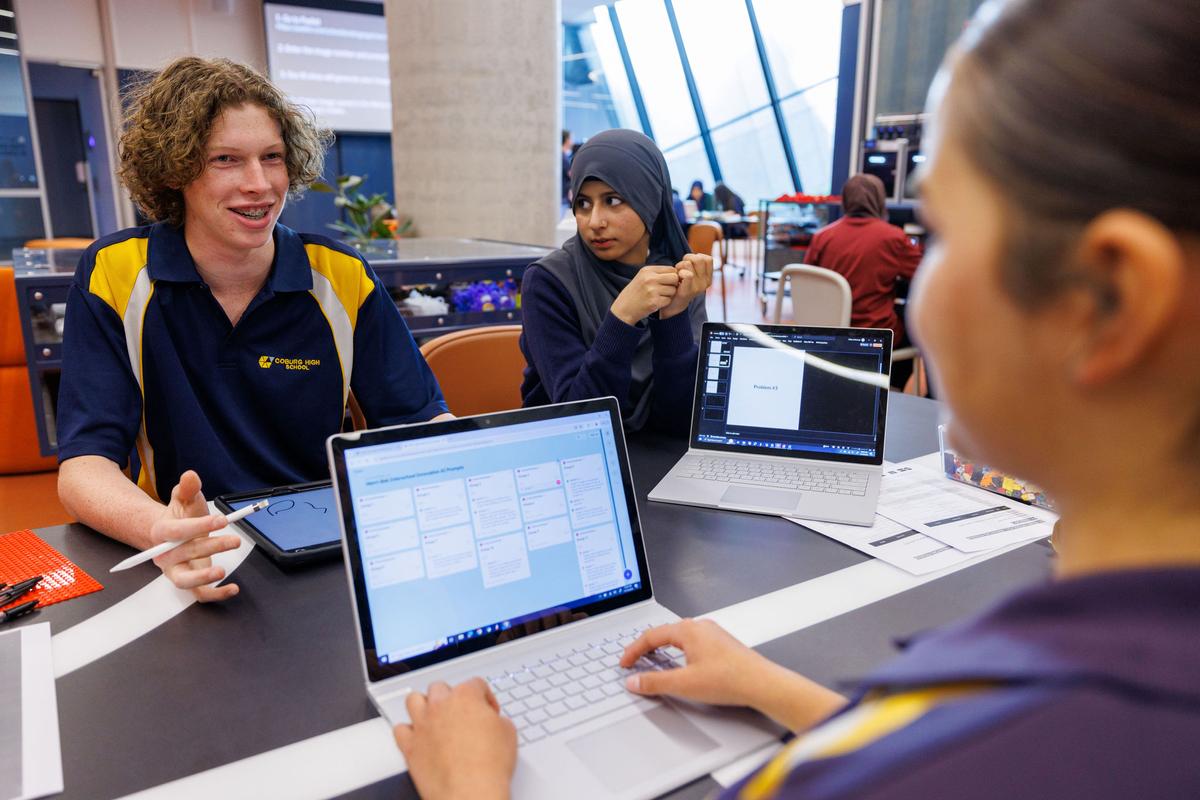
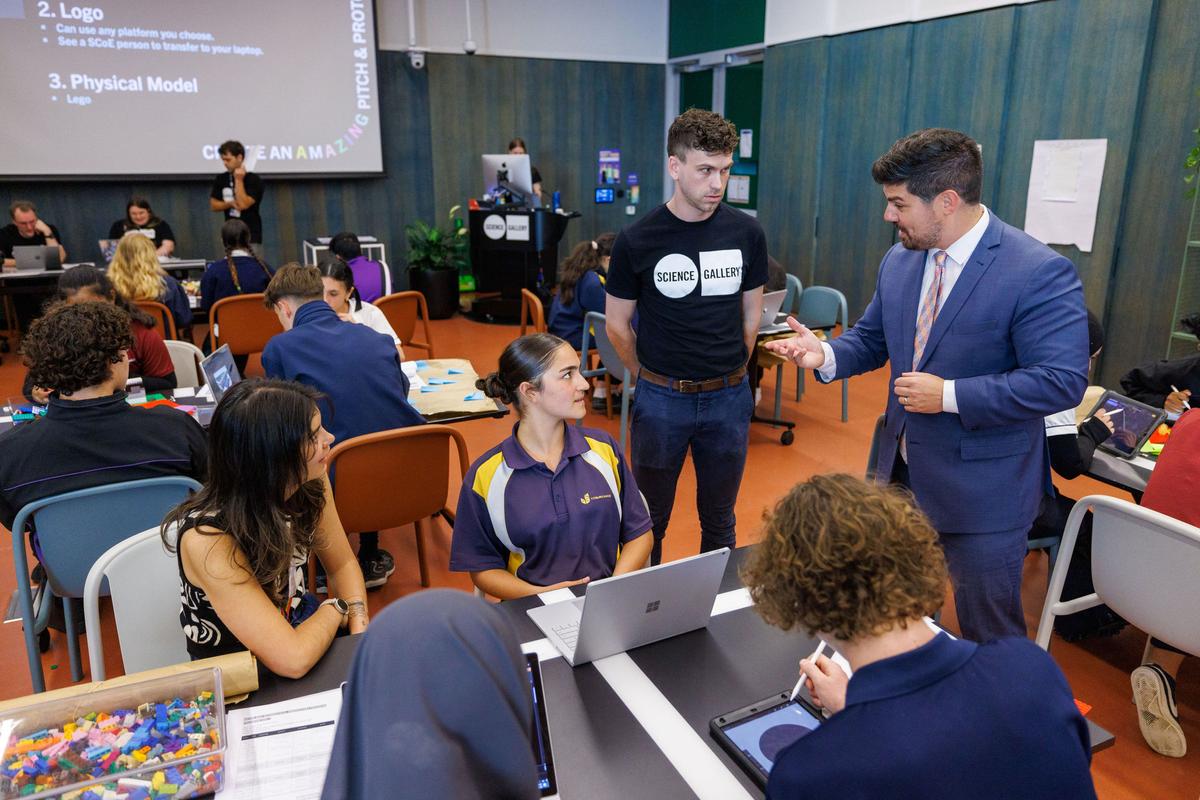
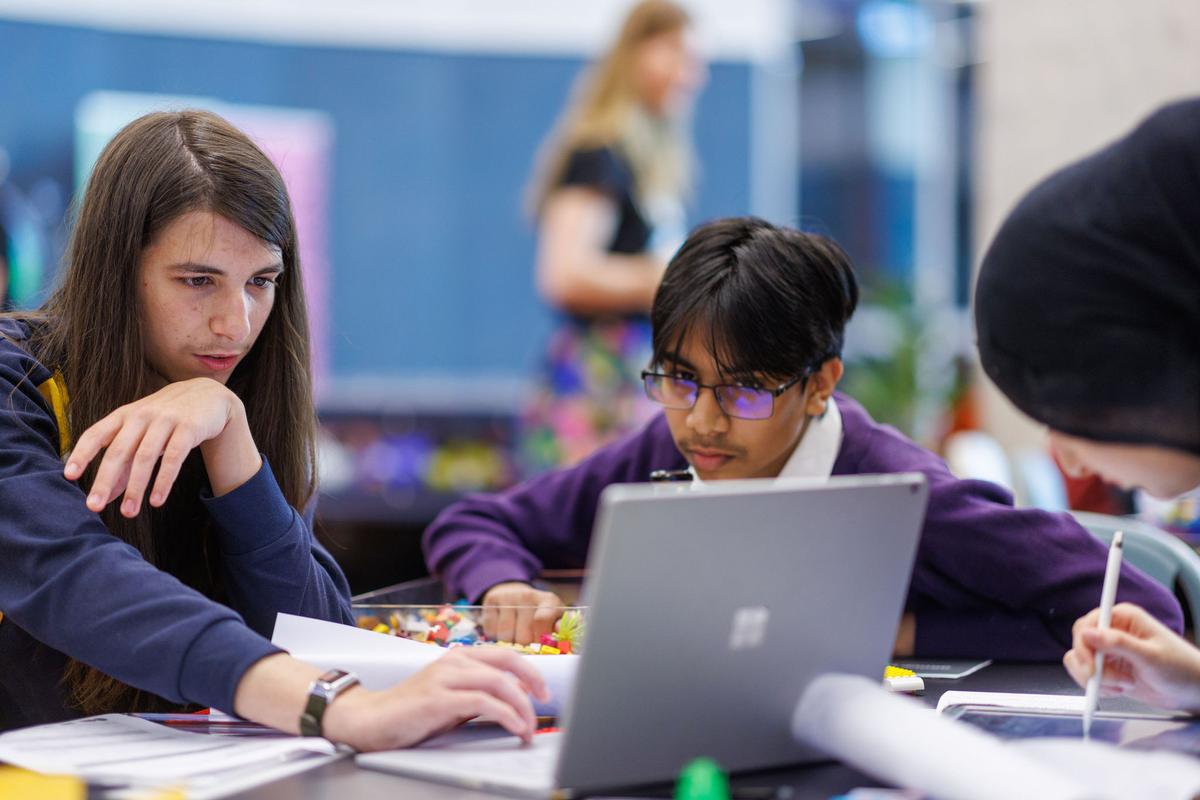
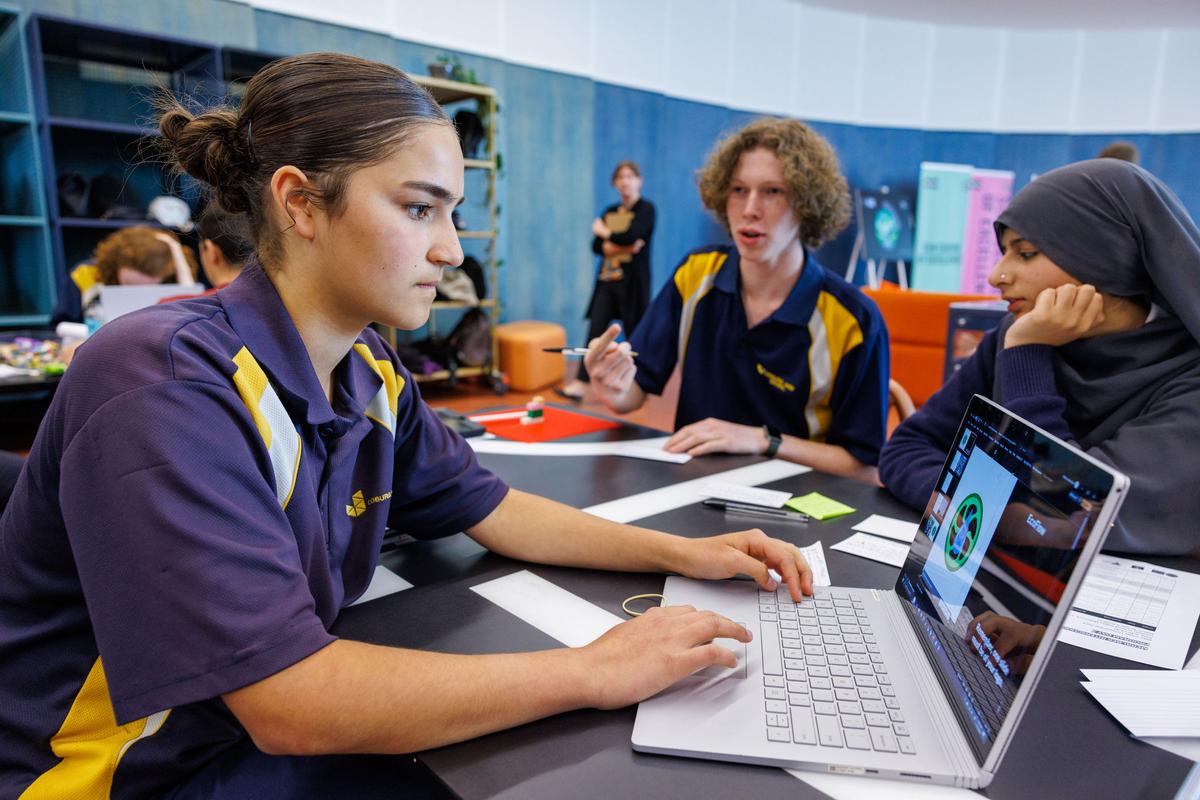
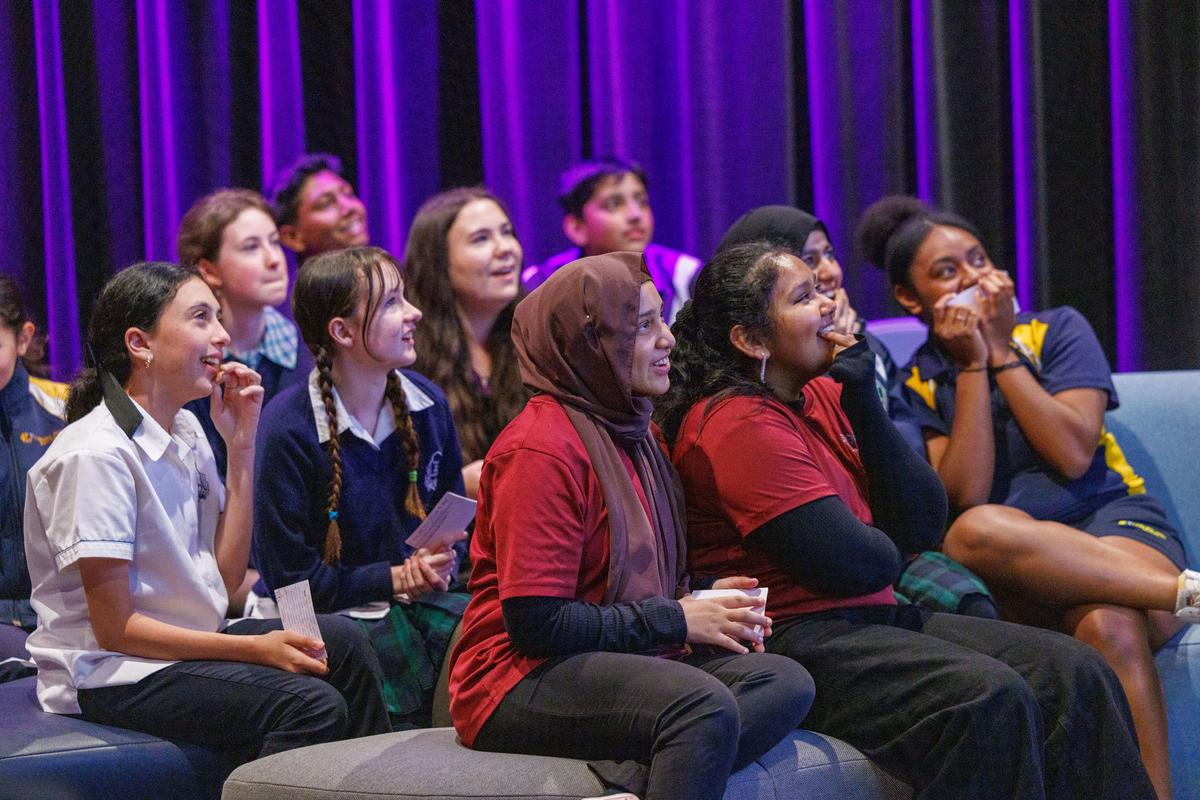

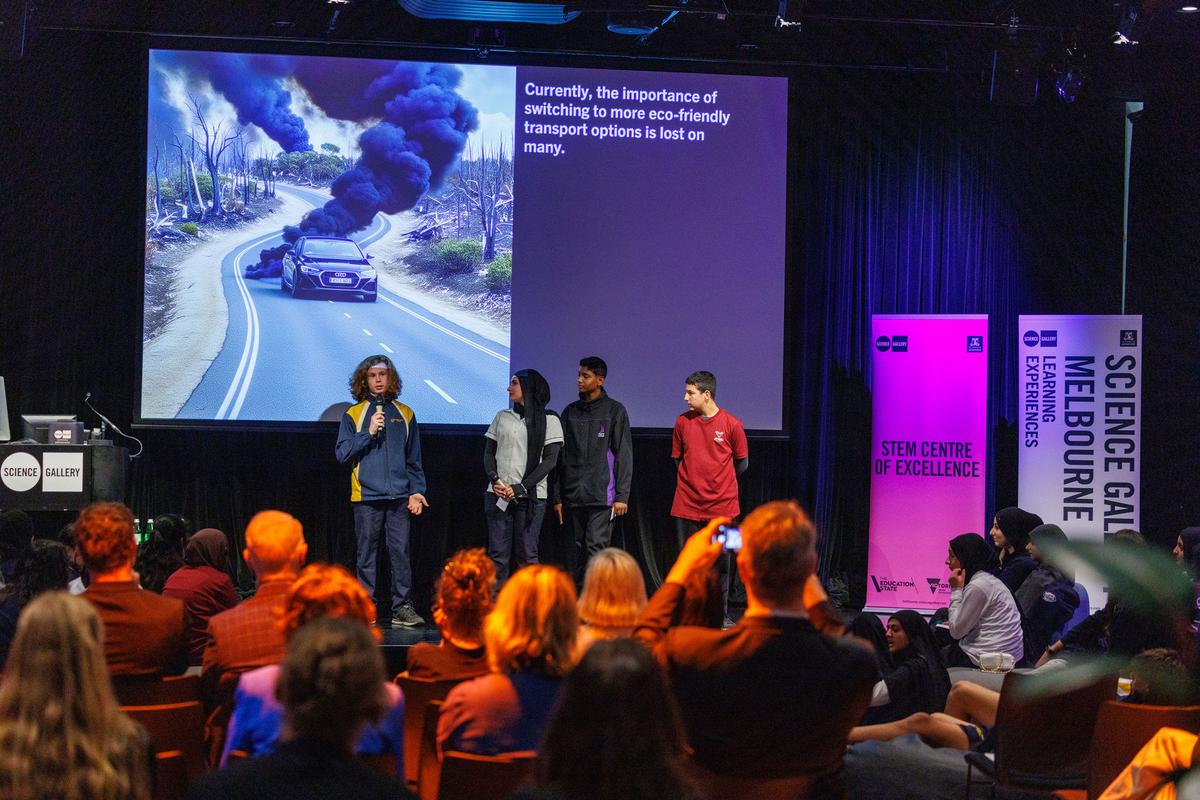
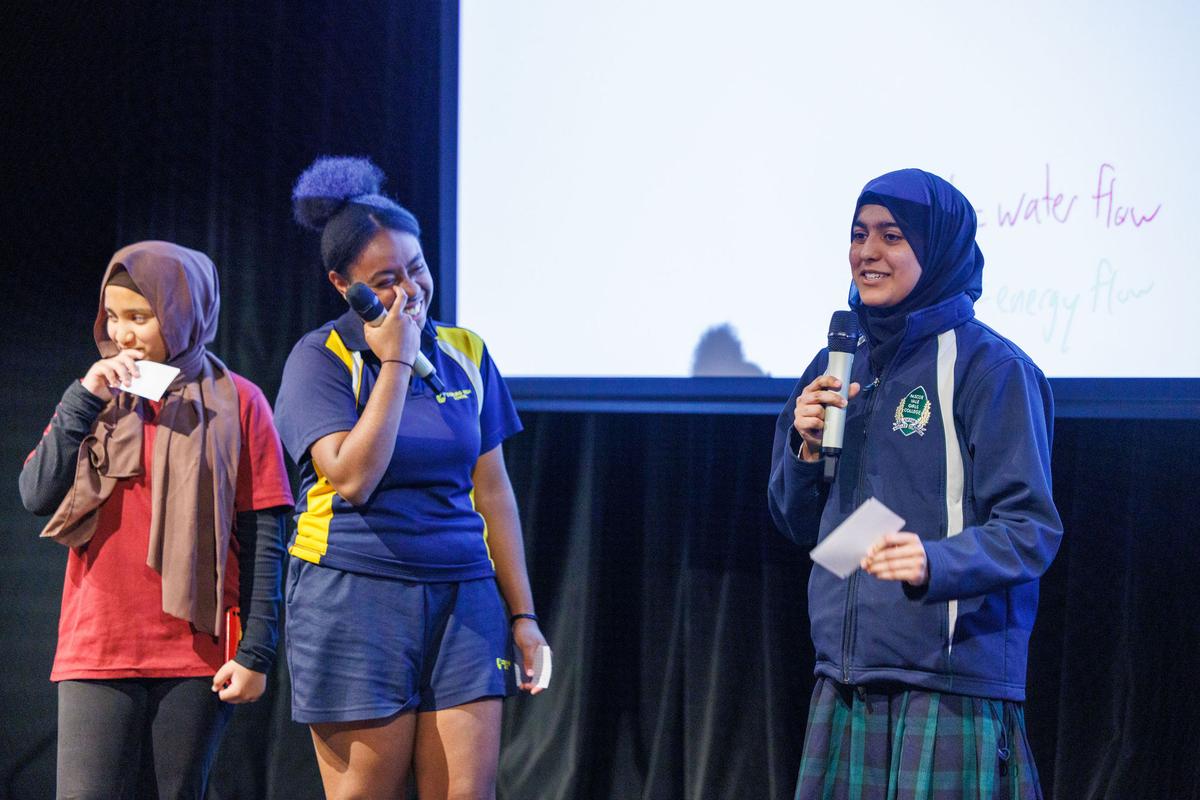
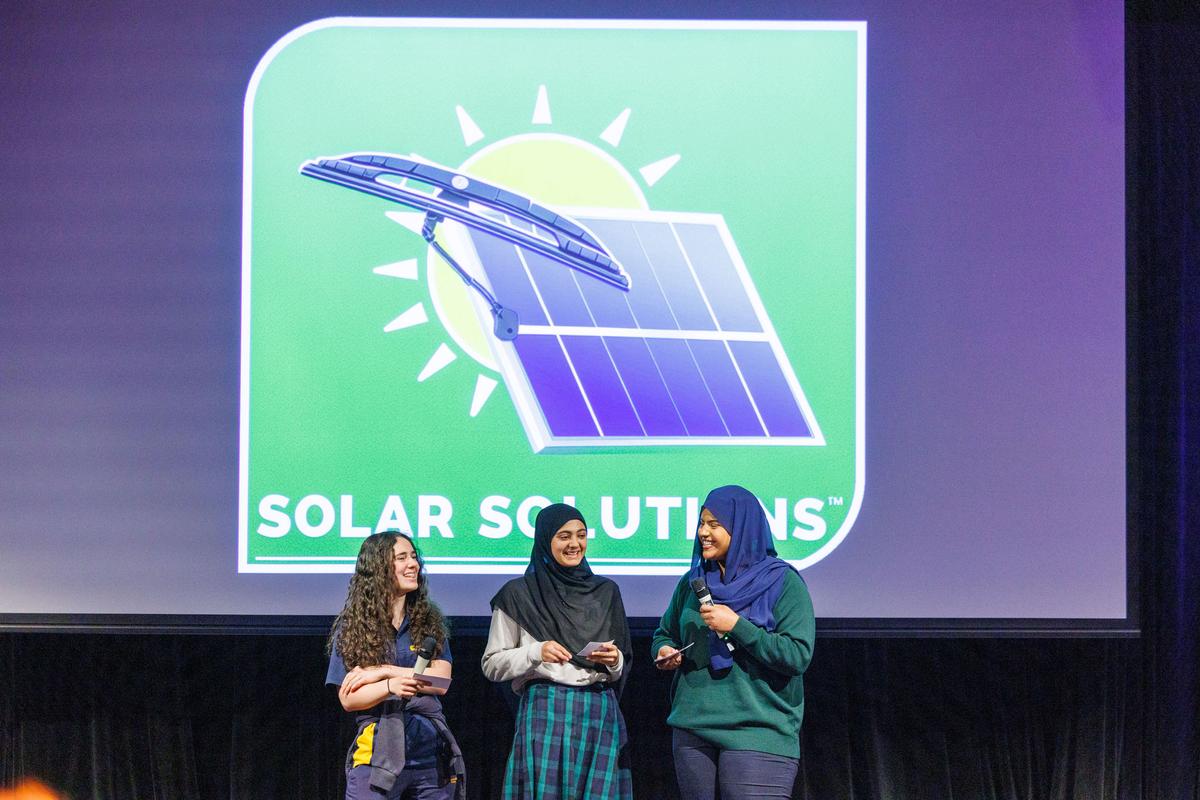











Shane Nash
Food Tech
There has been lots happening in Food Technology over the past few weeks! During the last year 9 KLT, the students learnt about the design process and whipped up some amazingly creative and flavourful dumplings! We had some peri peri dumplings, and a satay chicken creation!
We also had 2 full days of shortbread making with the year 7 Design Thinking incursion. Many intricately decorated and delicious shortbreads were made.
Thanks for a great year of Food Technology everyone!
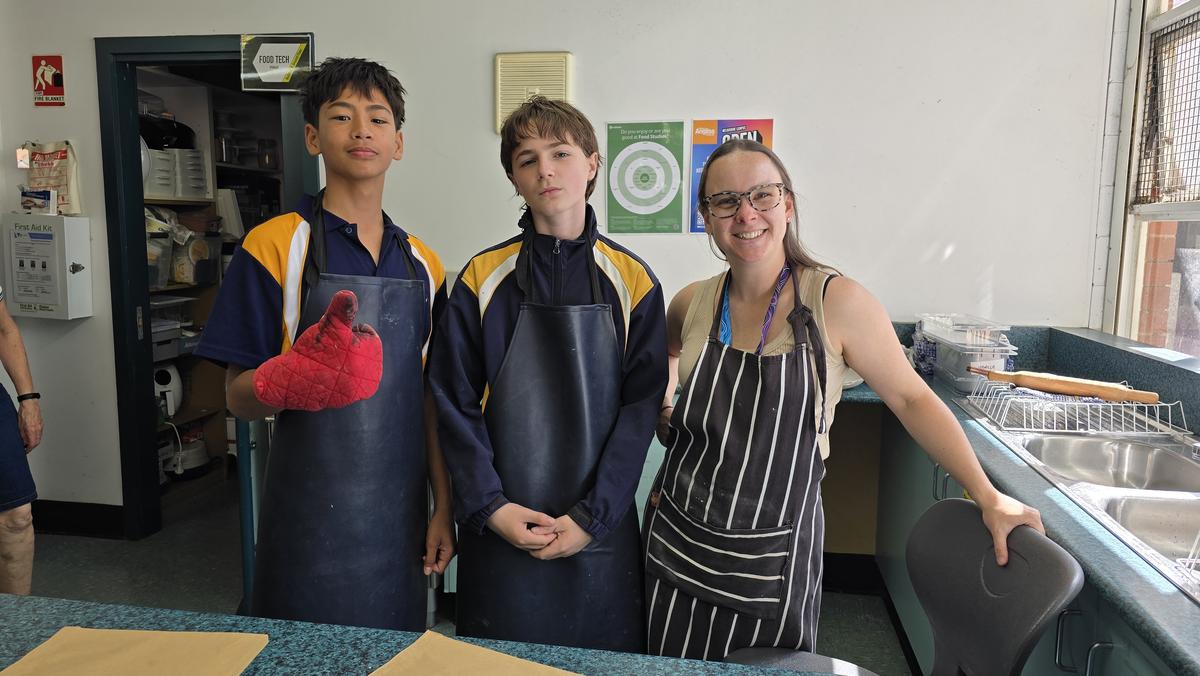
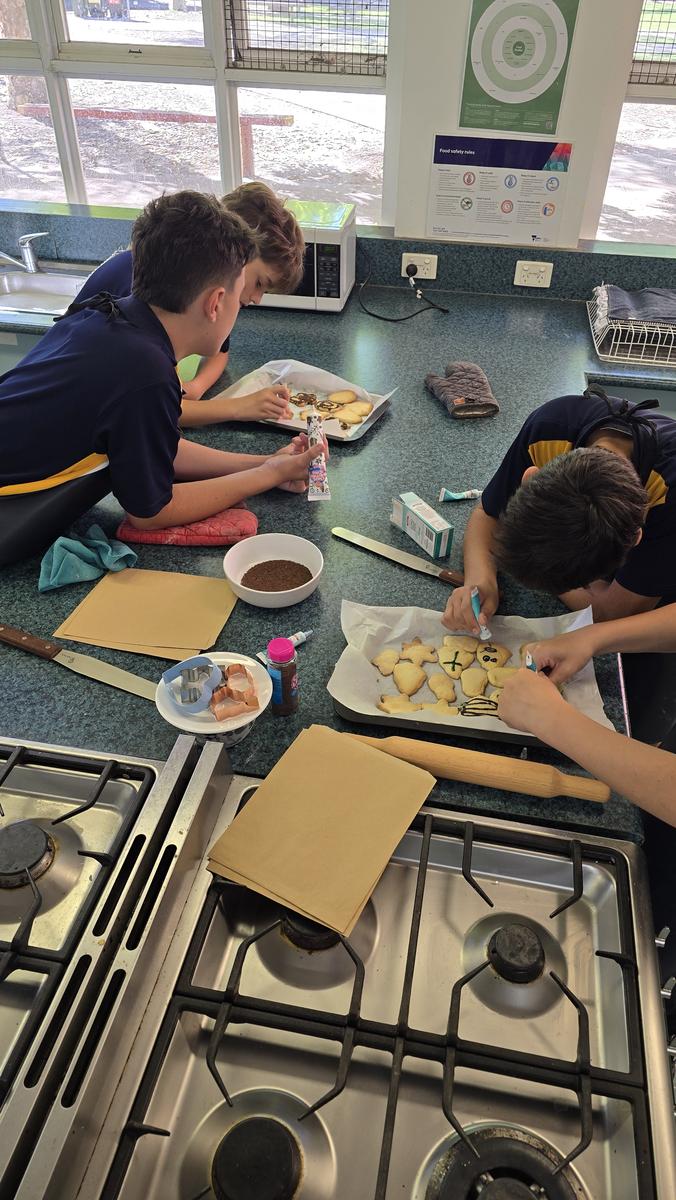
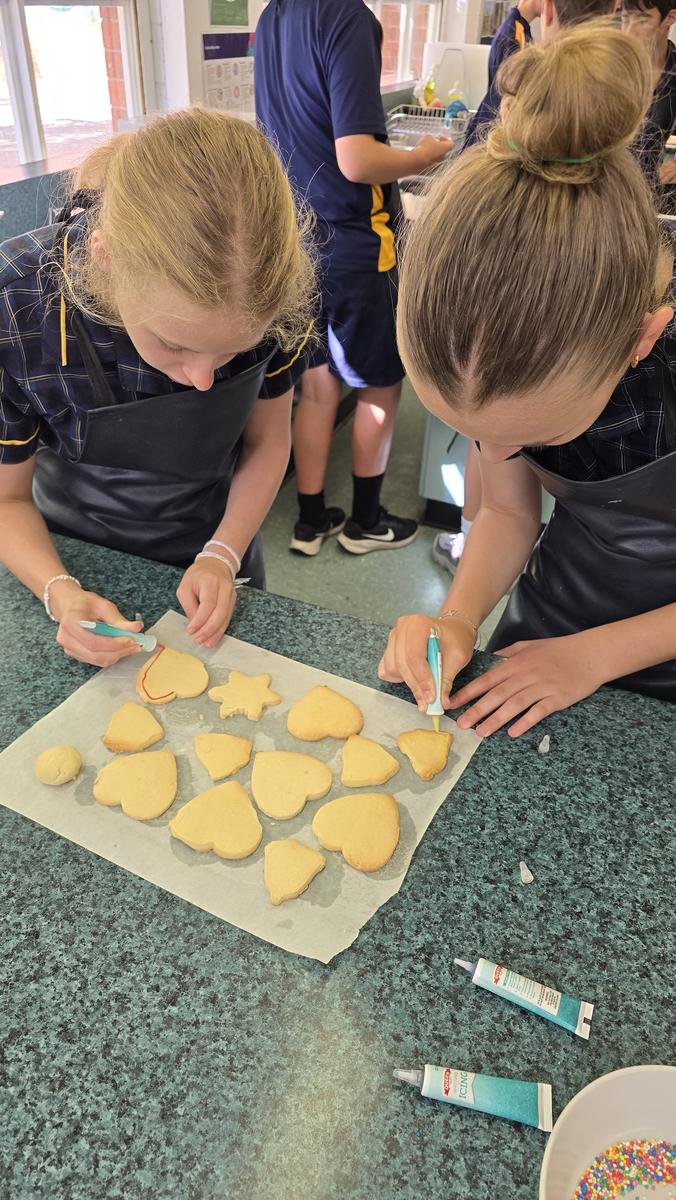
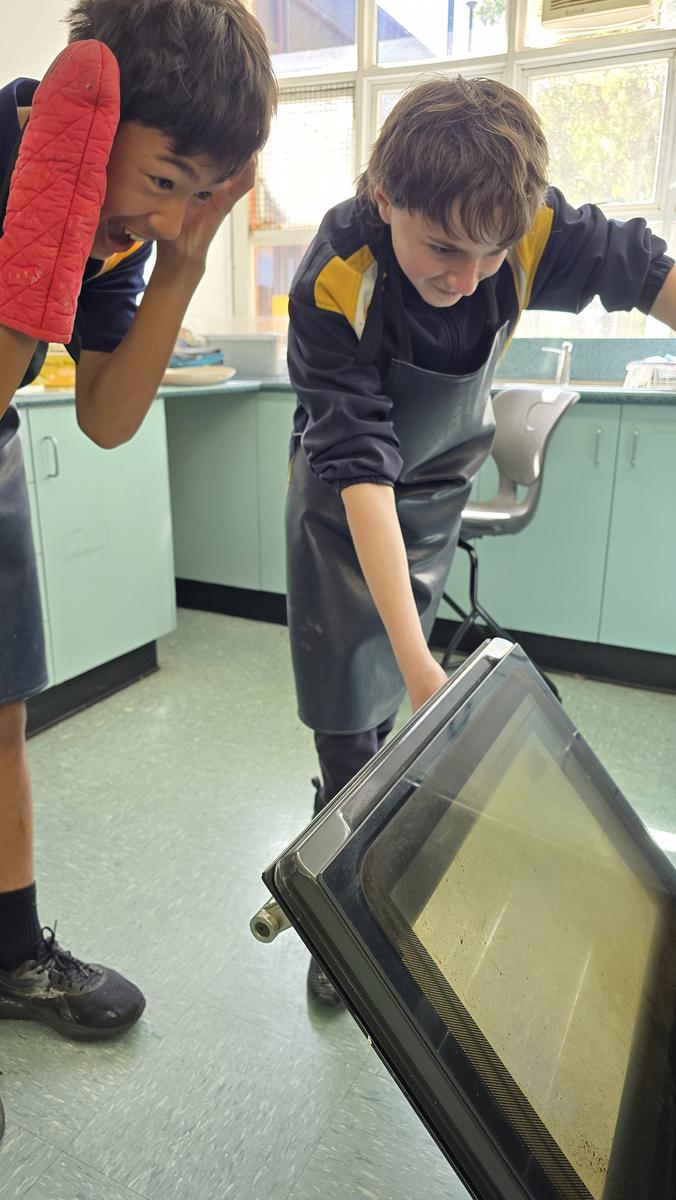
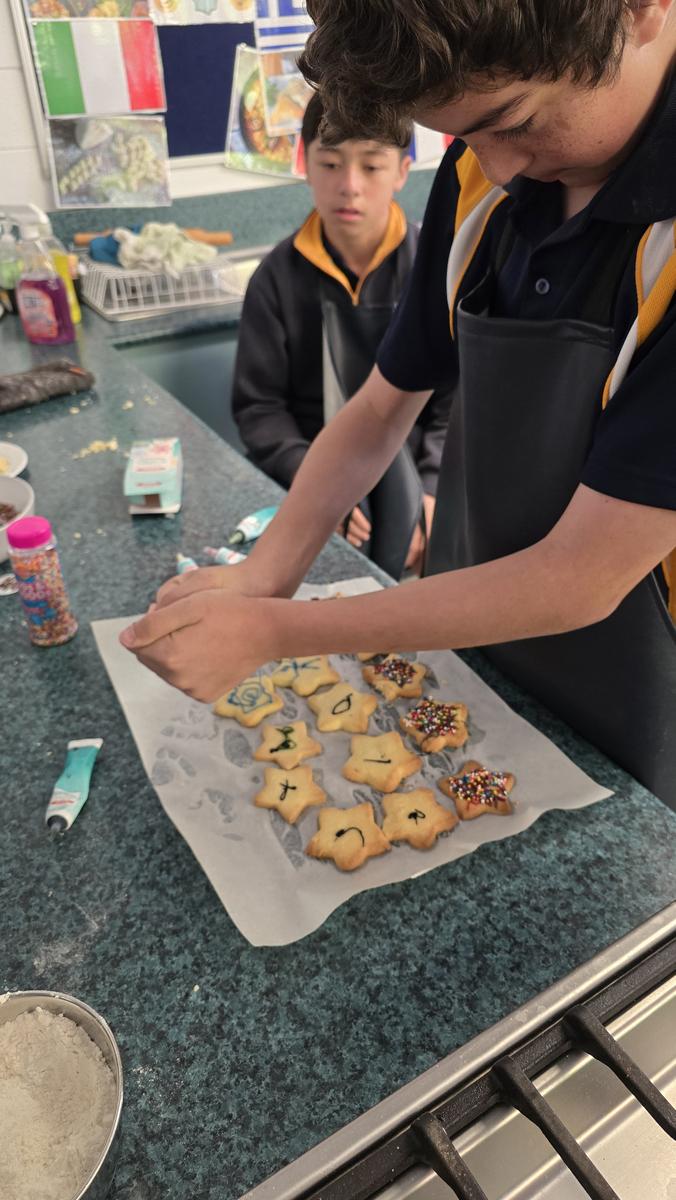
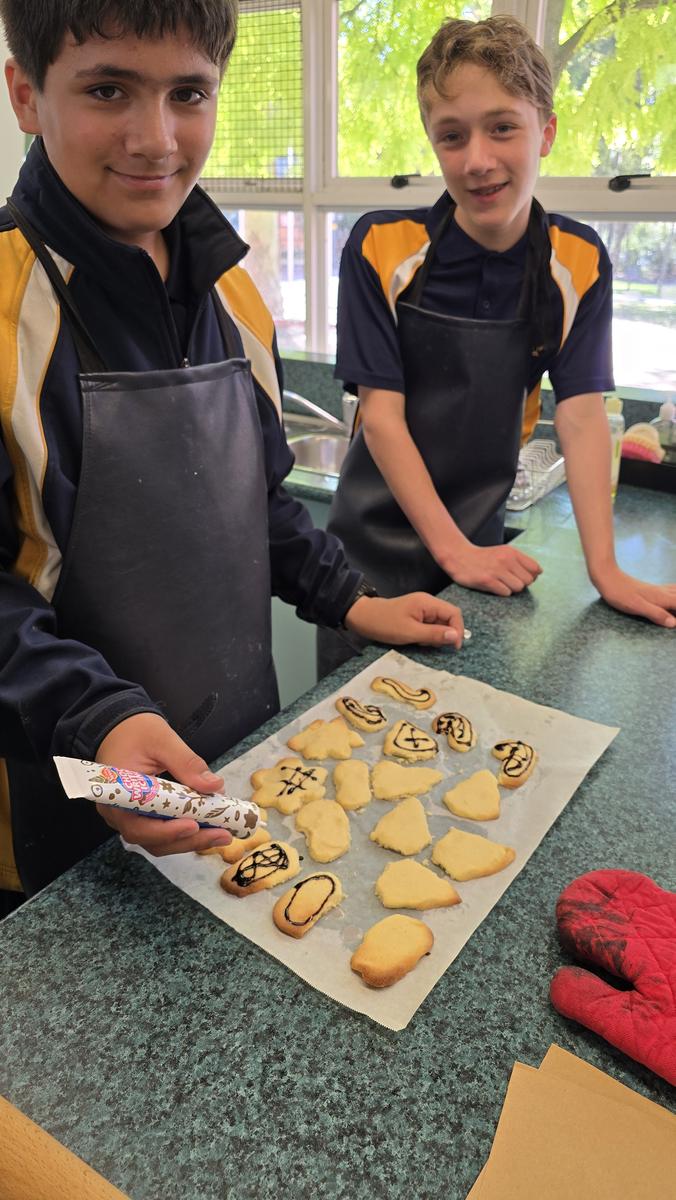
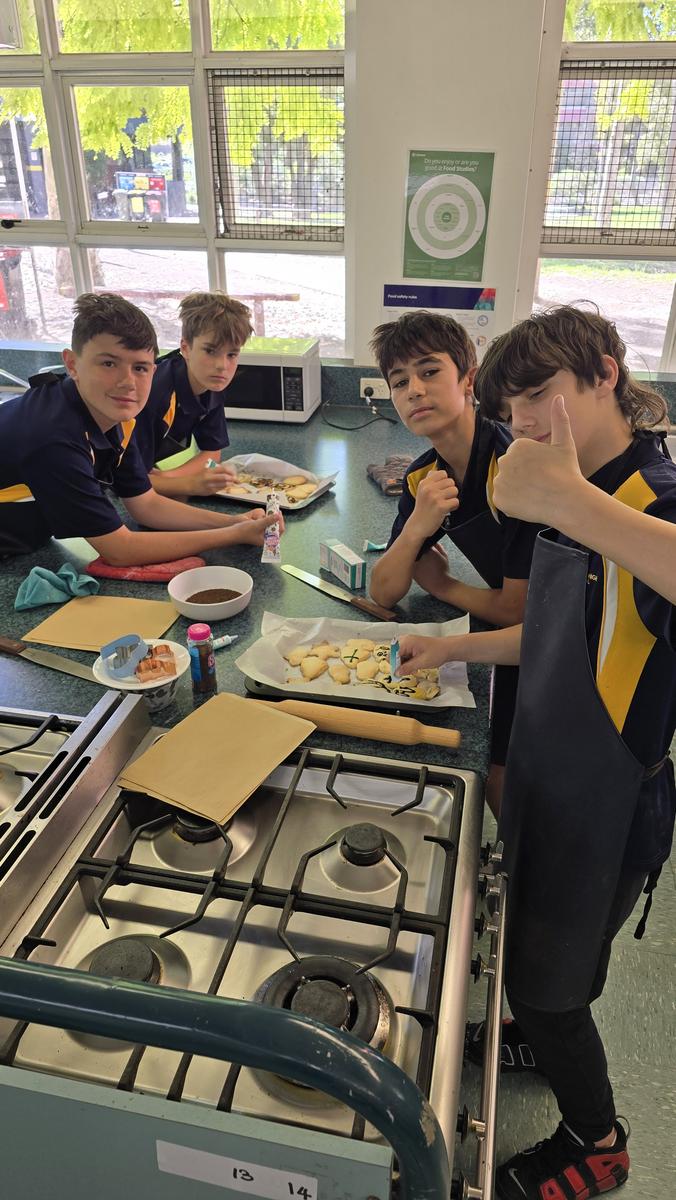







Happy holidays,
Olivia & Chantelle
Year 9 KLT "Design Brief" where they design, plan and produce a dumpling to meet the needs of the design brief. Lots of great dumpling designs!
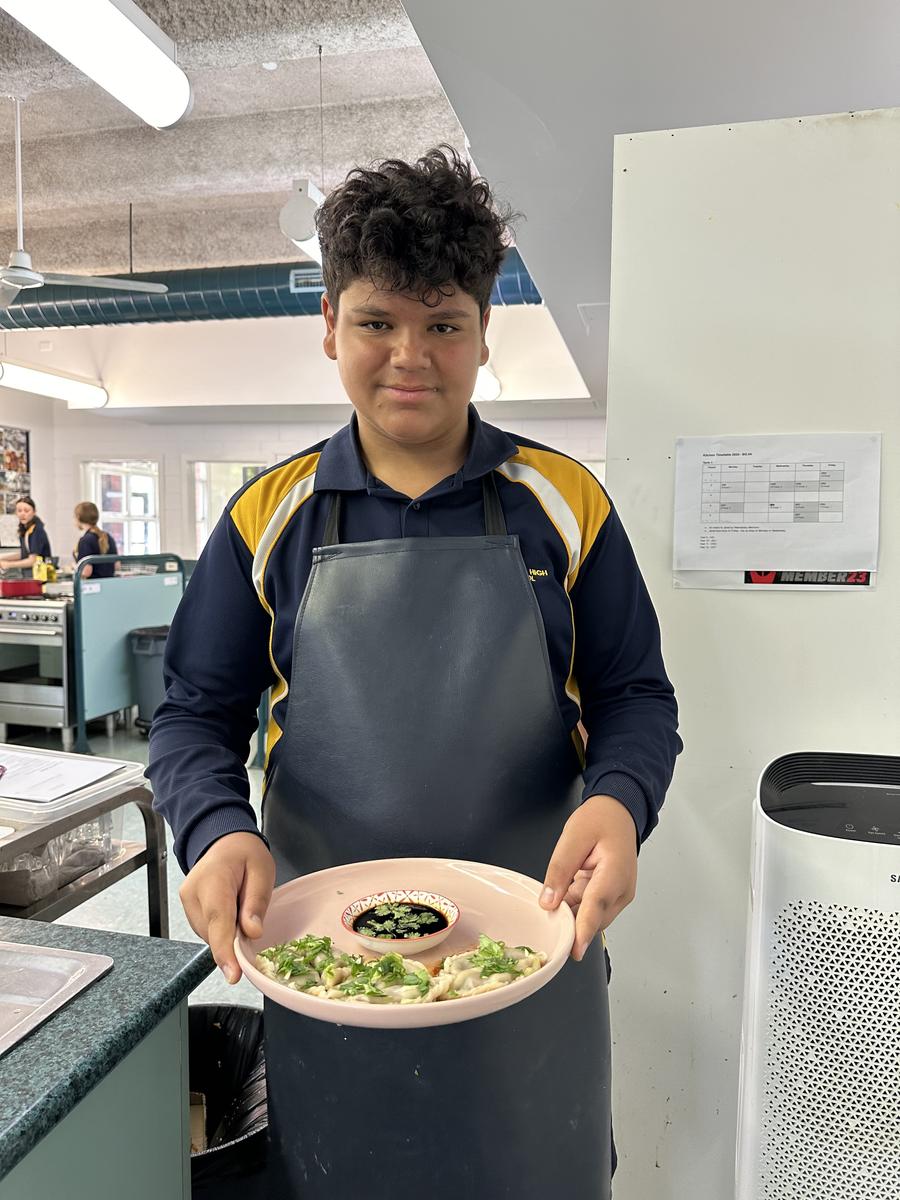
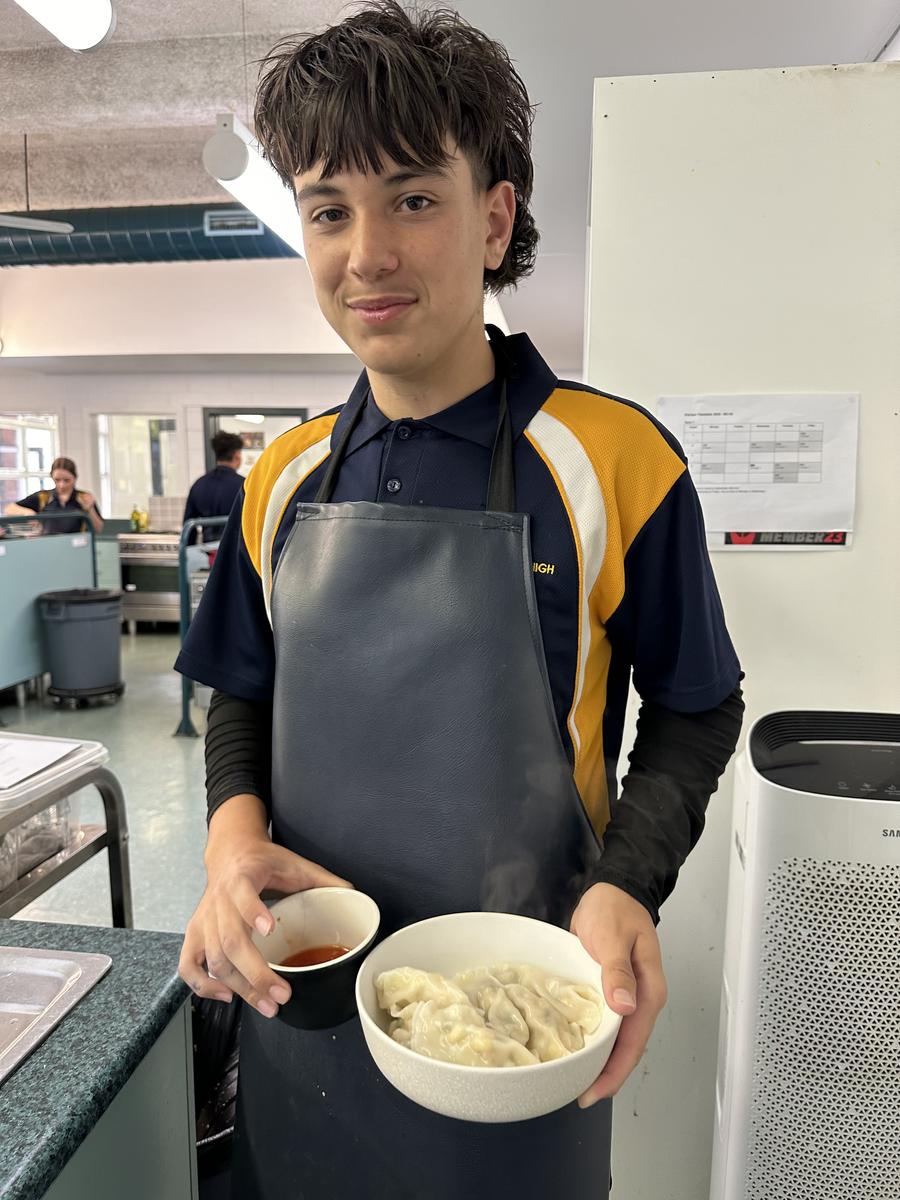
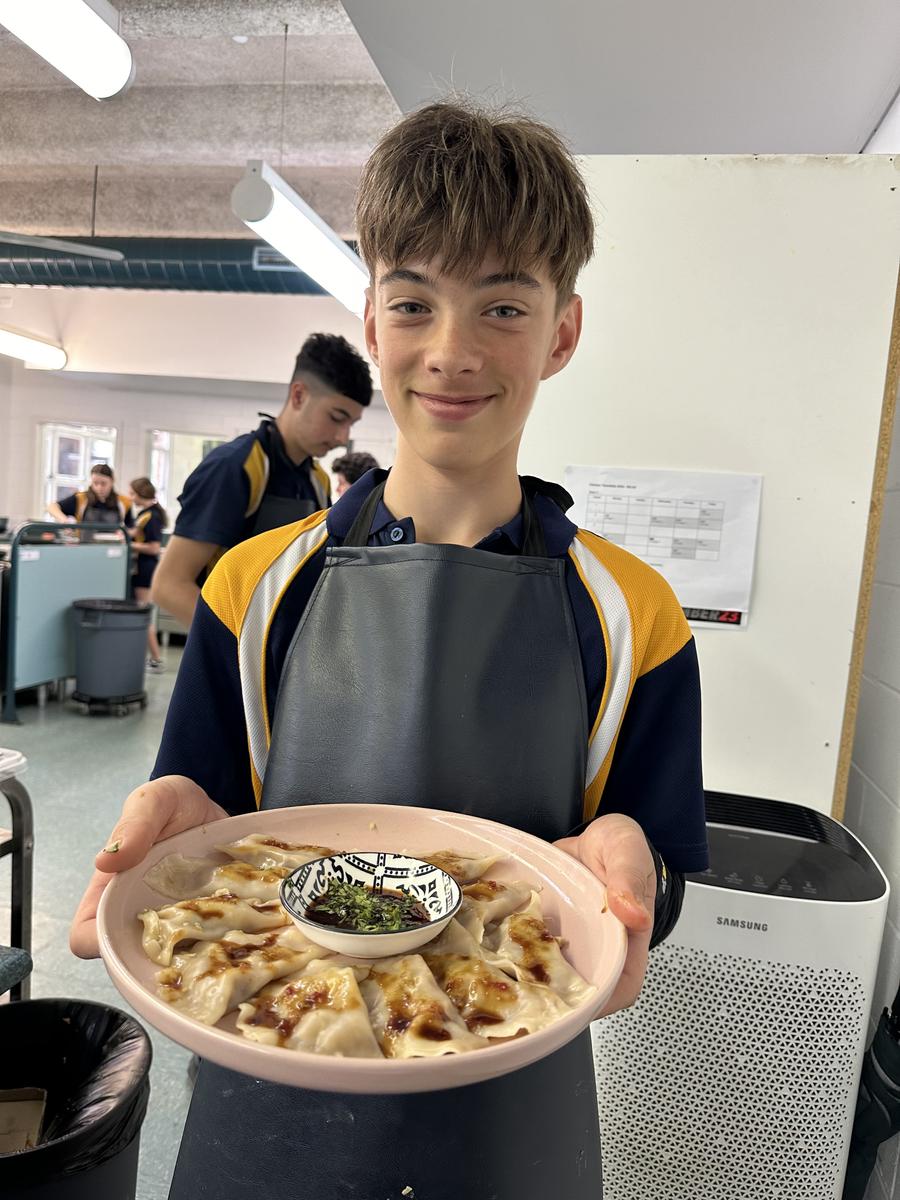
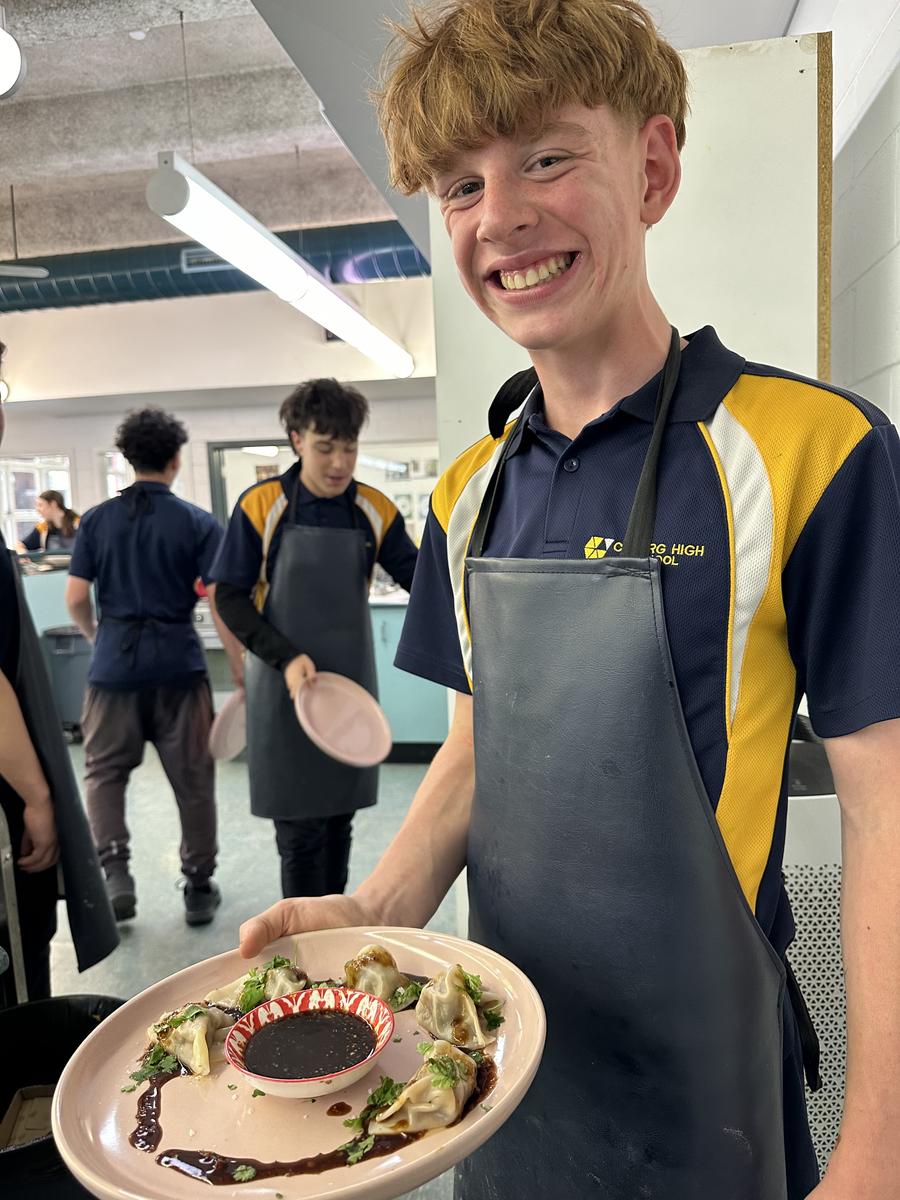
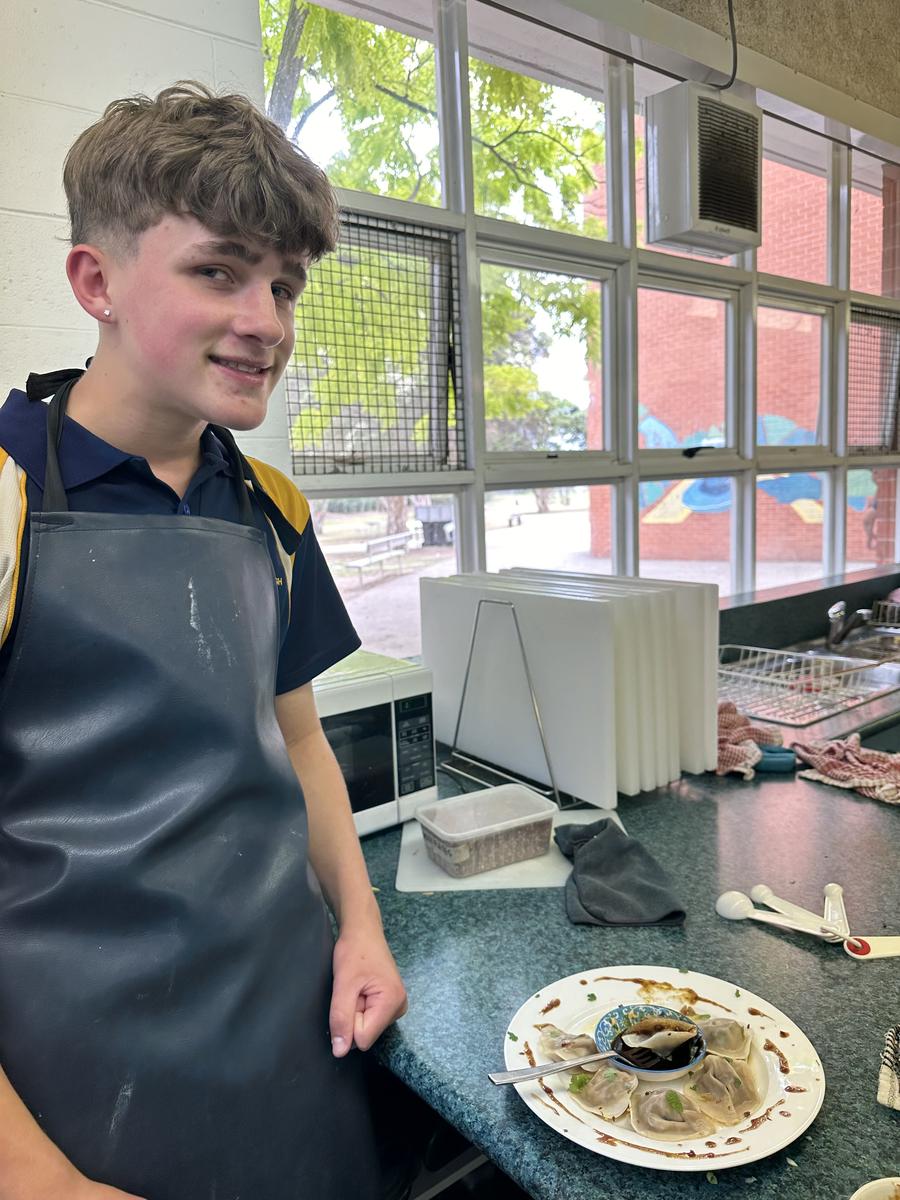
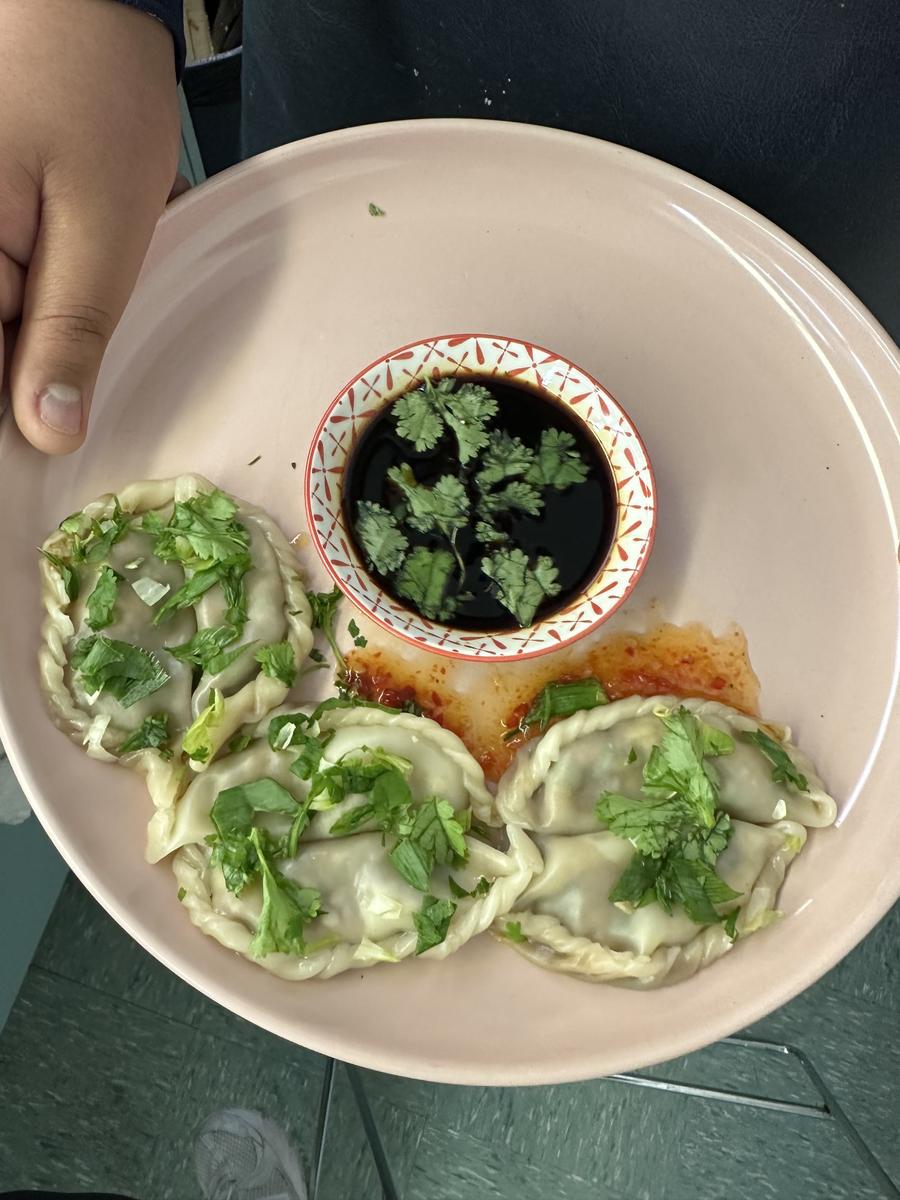
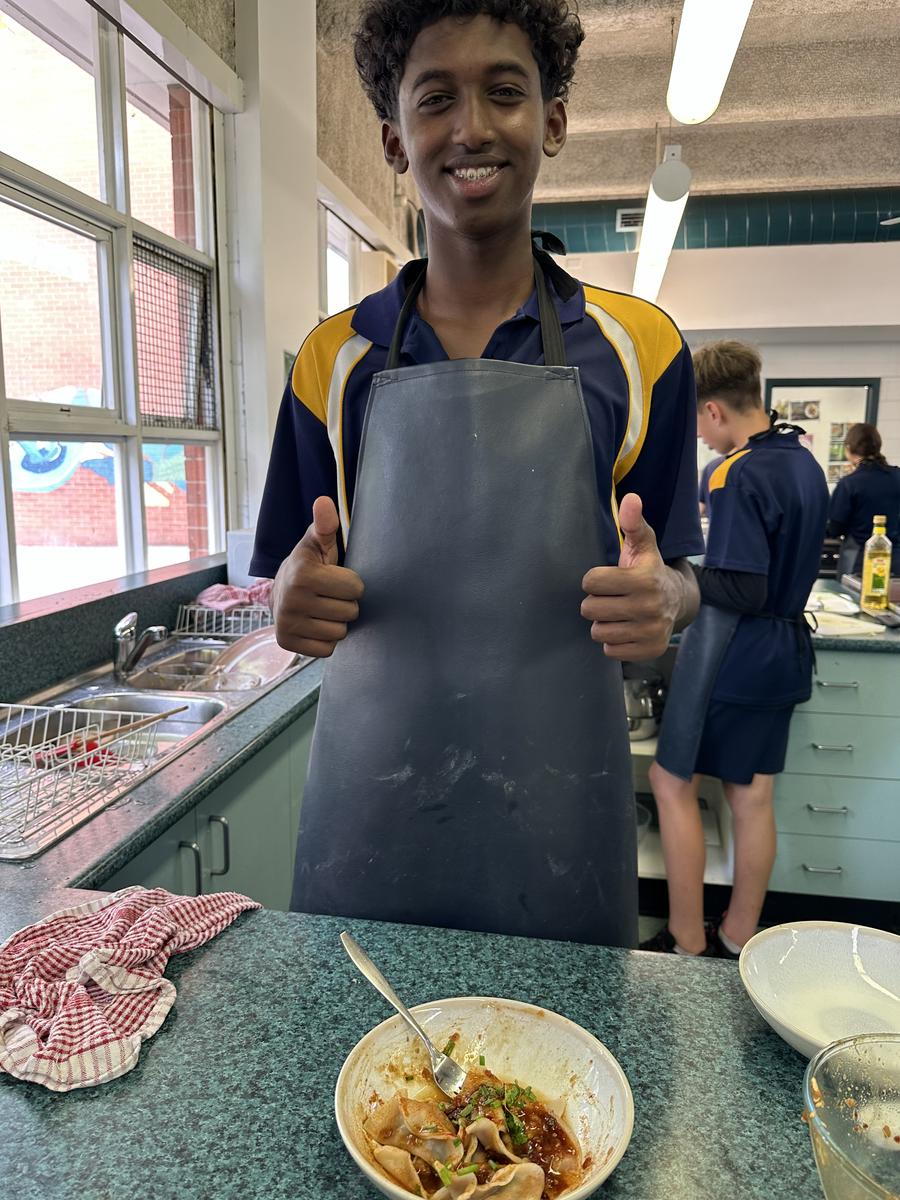
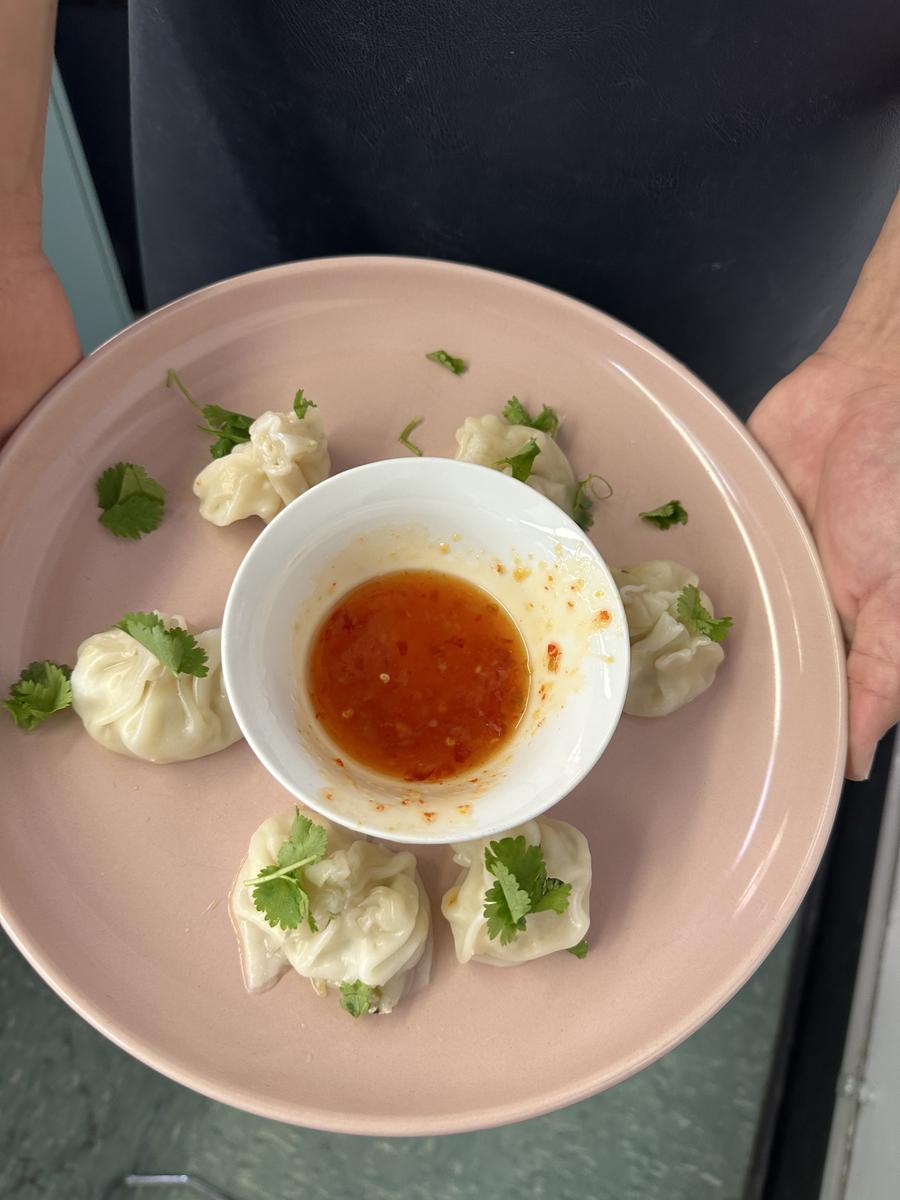
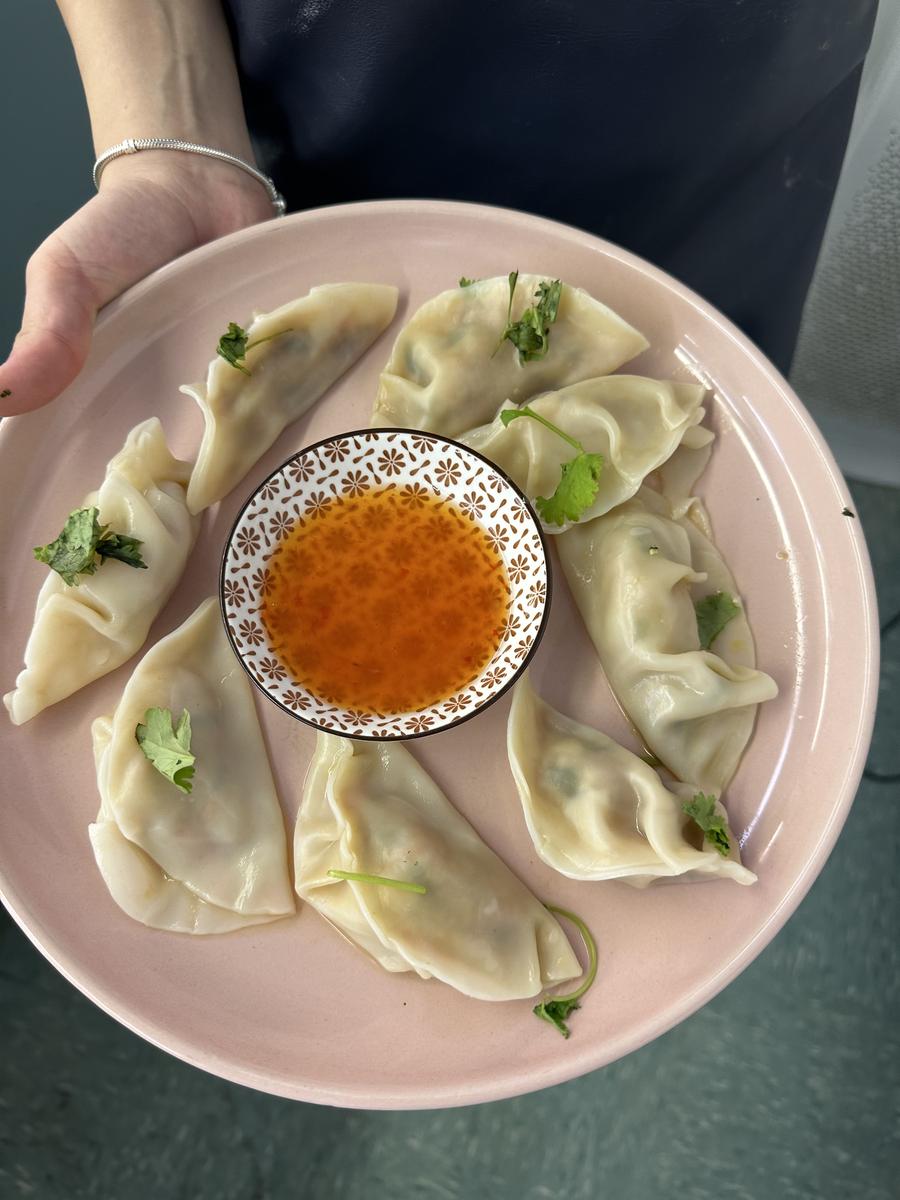
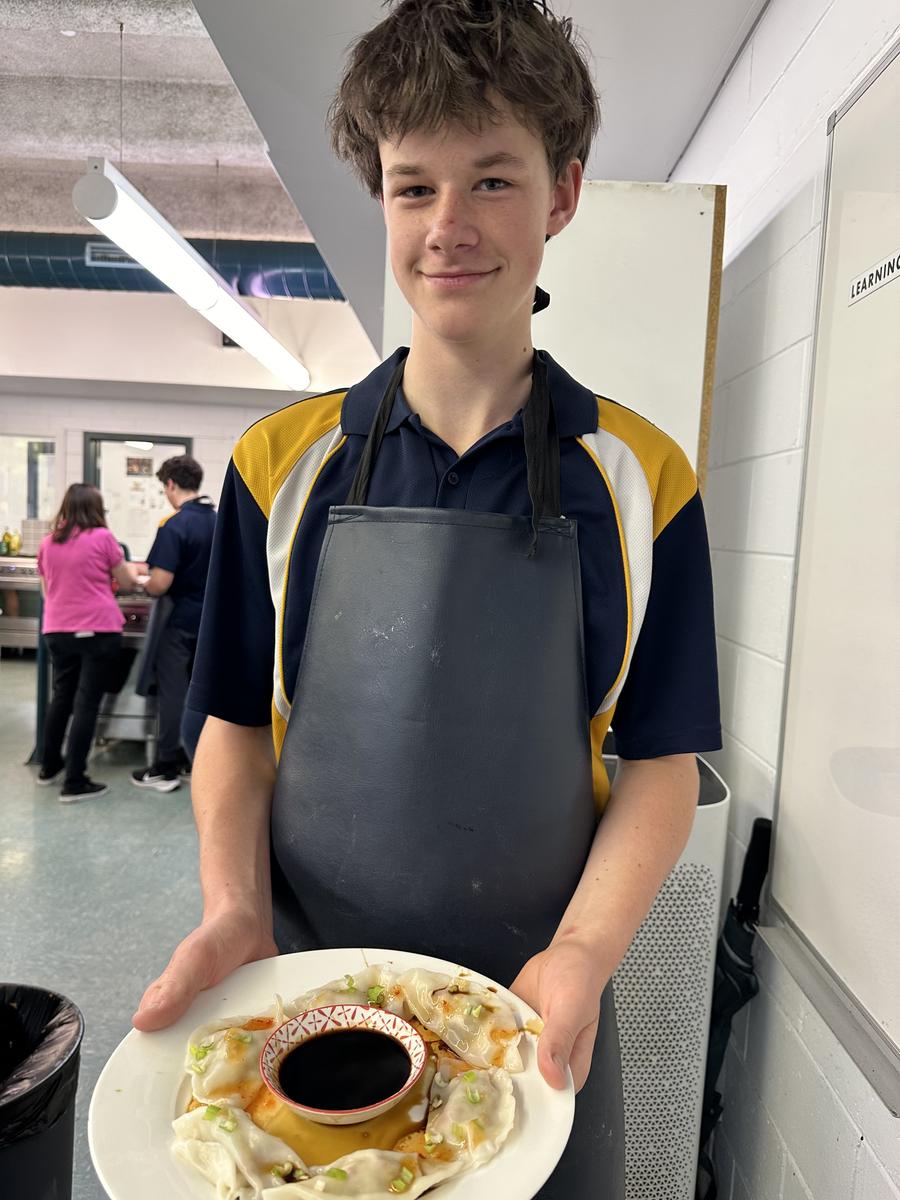
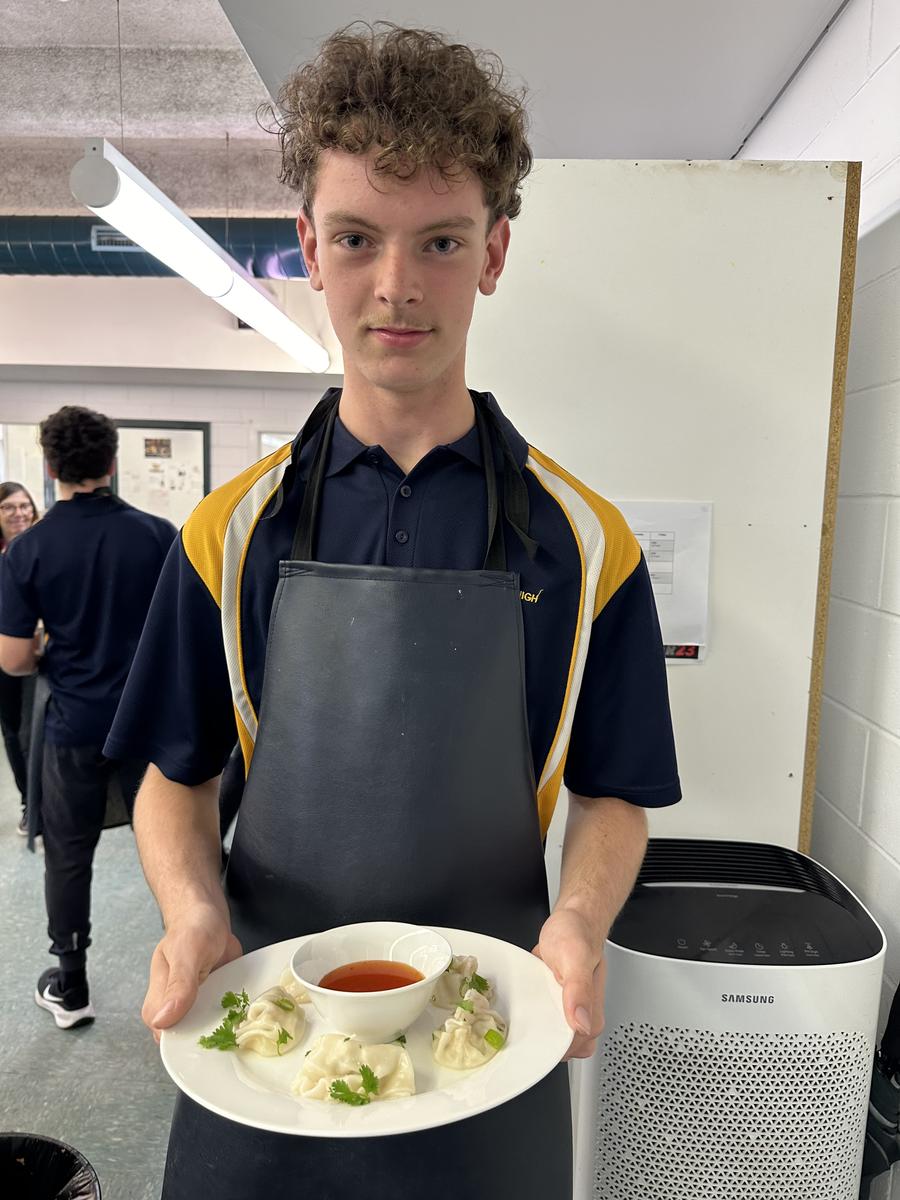
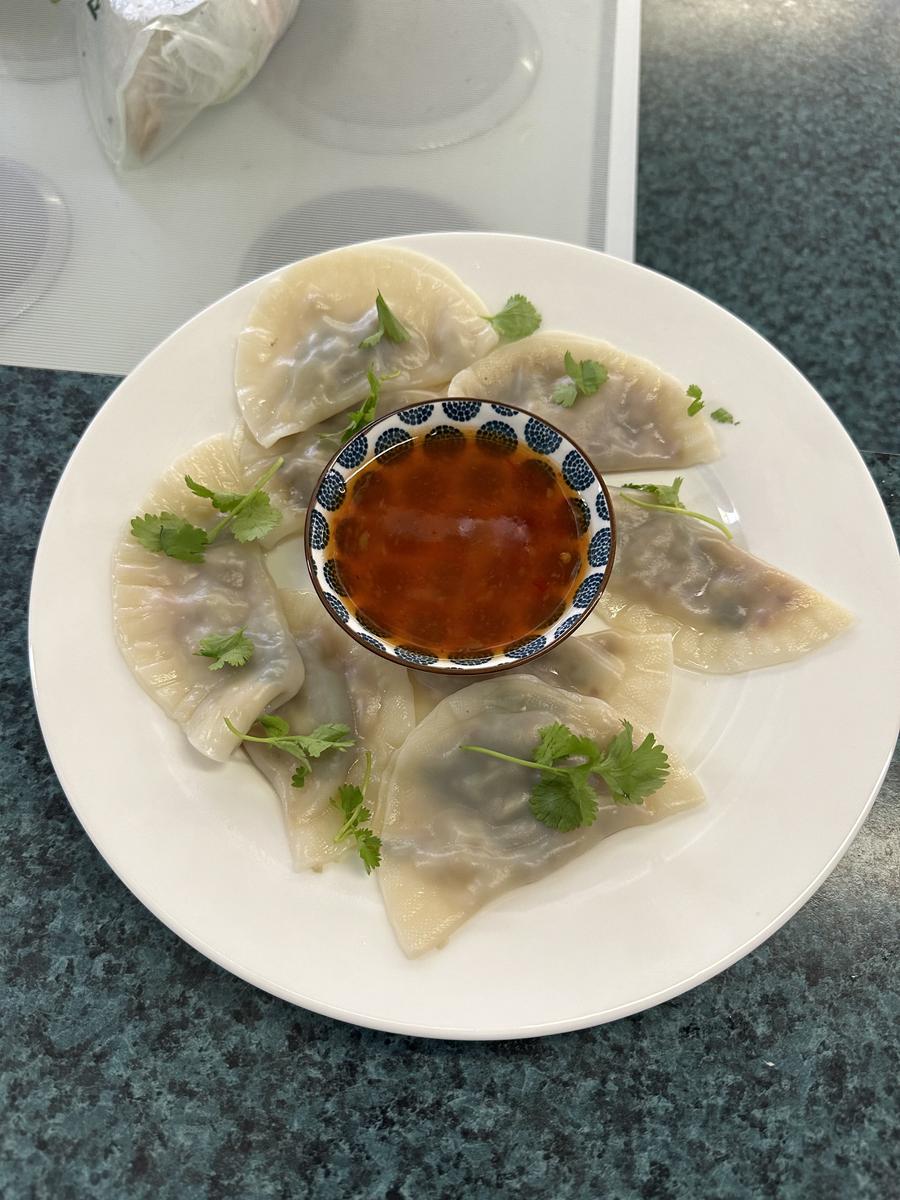
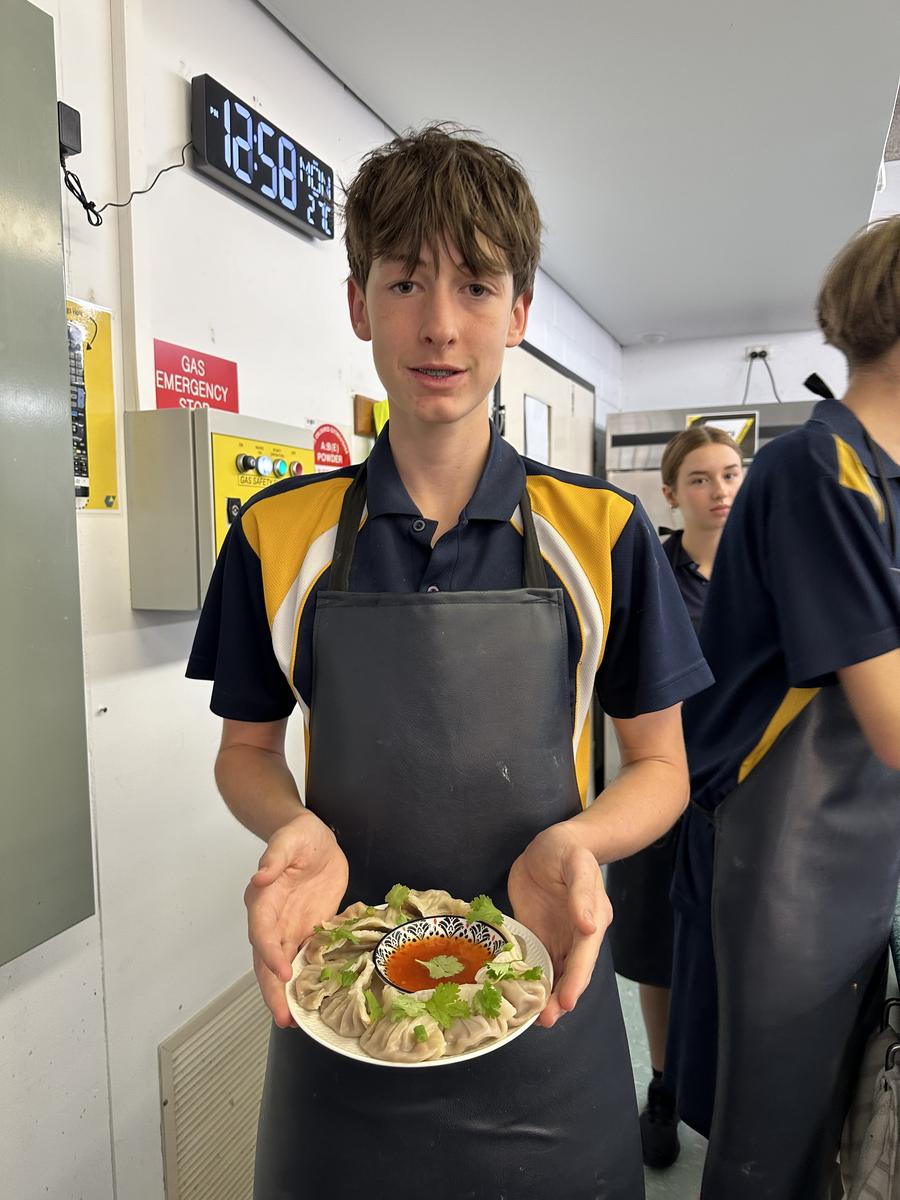
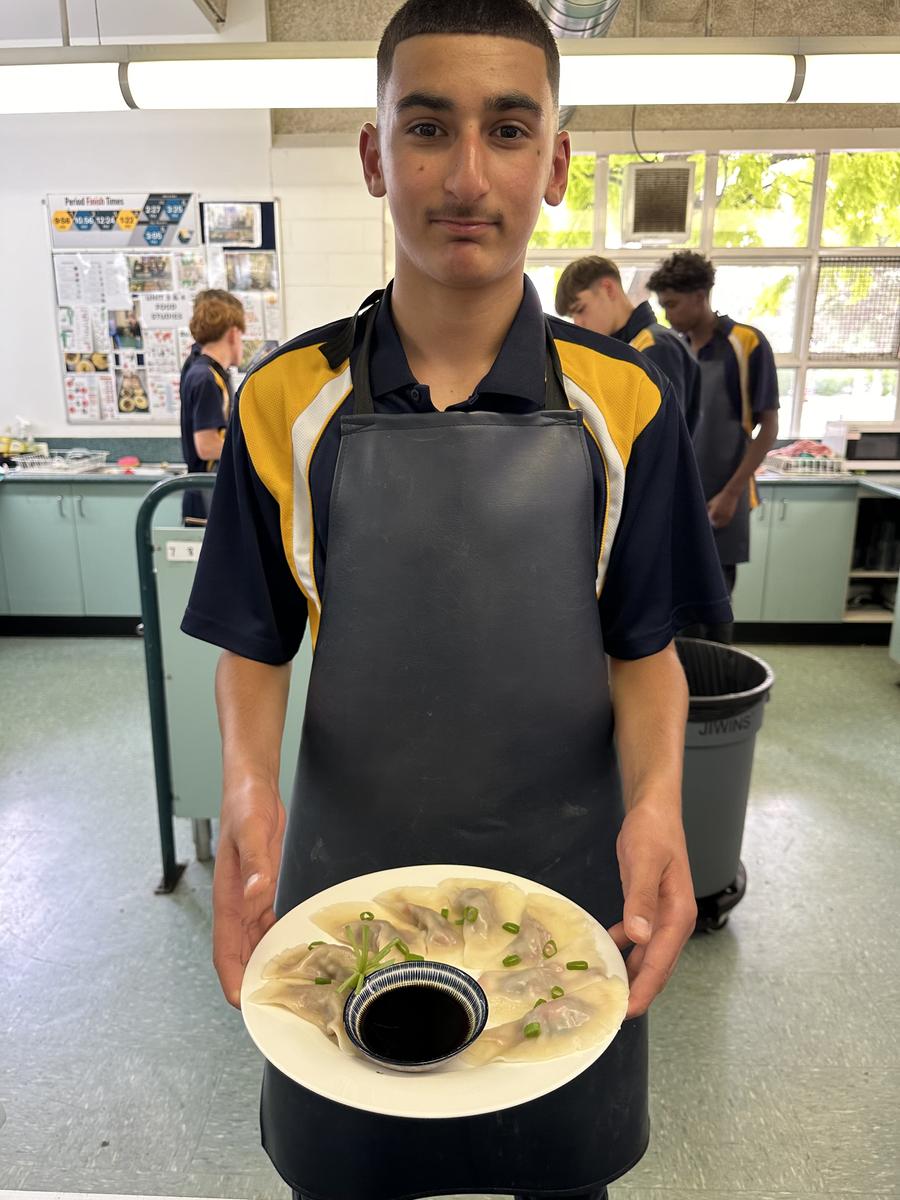
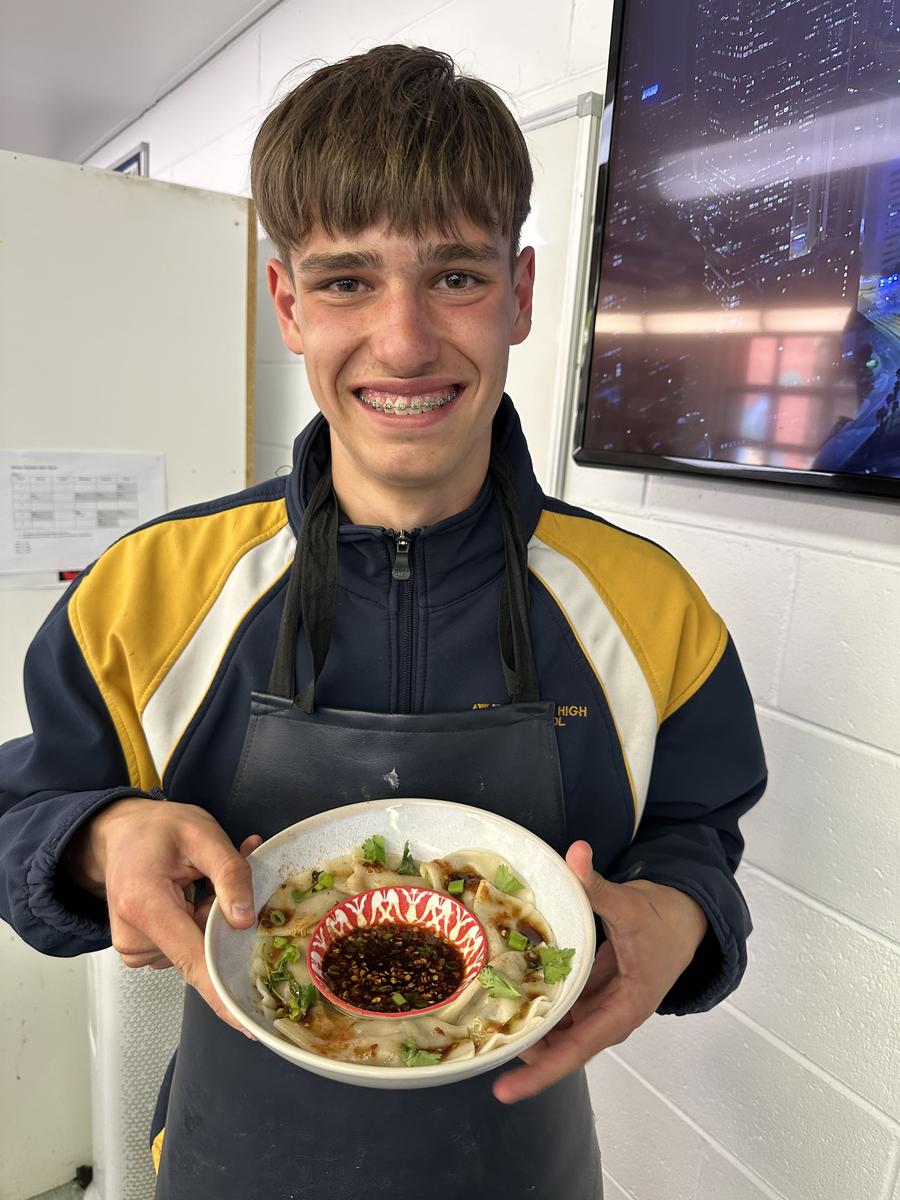















In Humanities this year has spent time in the garden, and at the end of the year it was 9A's turn in the garden. Students spent time investigating what kind of an impact our interventions can have with students looking after garden beds of strawberries, radishes, basil, and carrot. We learnt about regenerative garden practices and why it's important to give back to the soil.

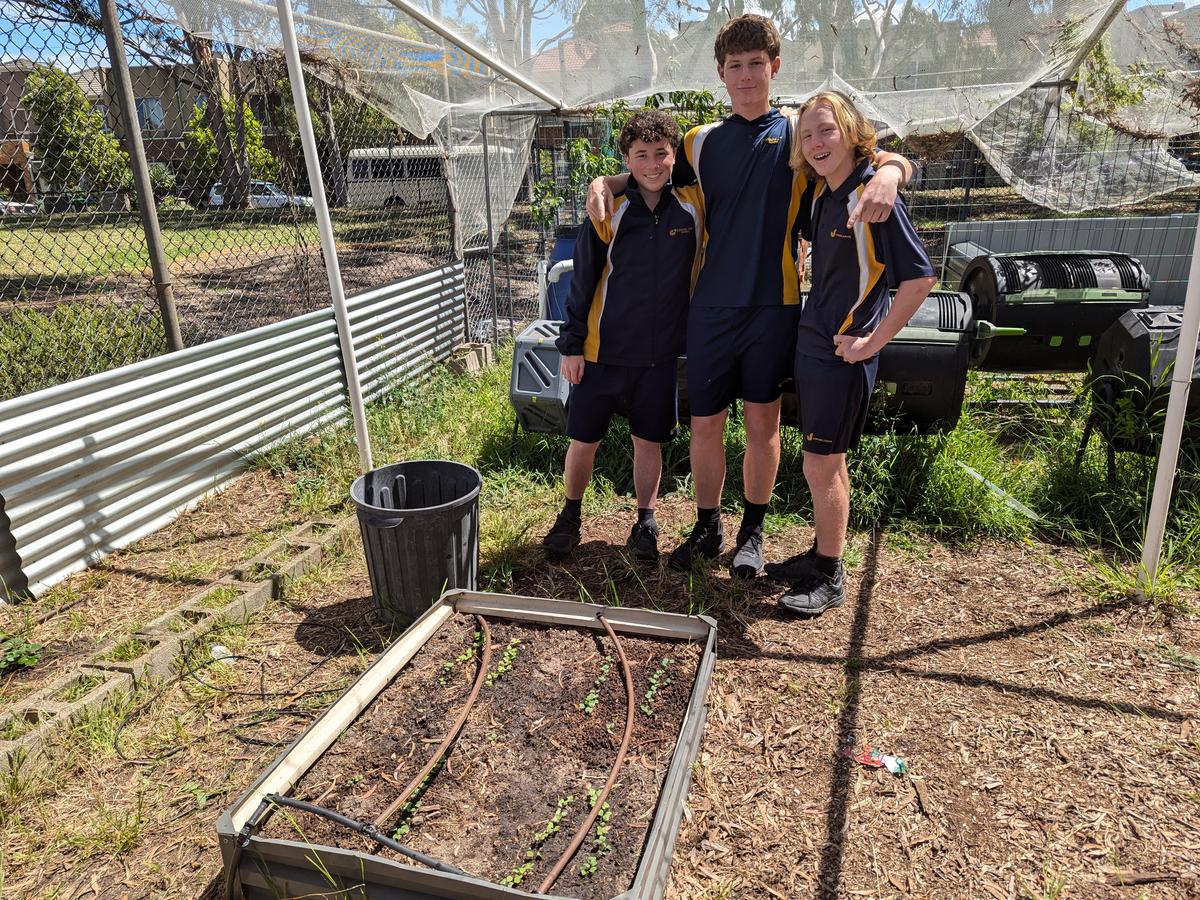




Kelly Harper